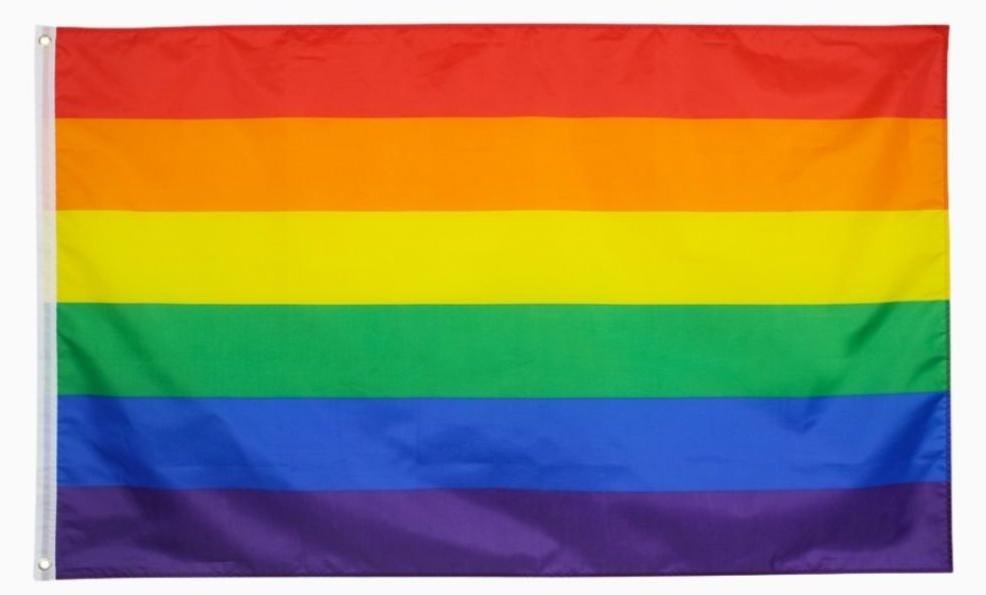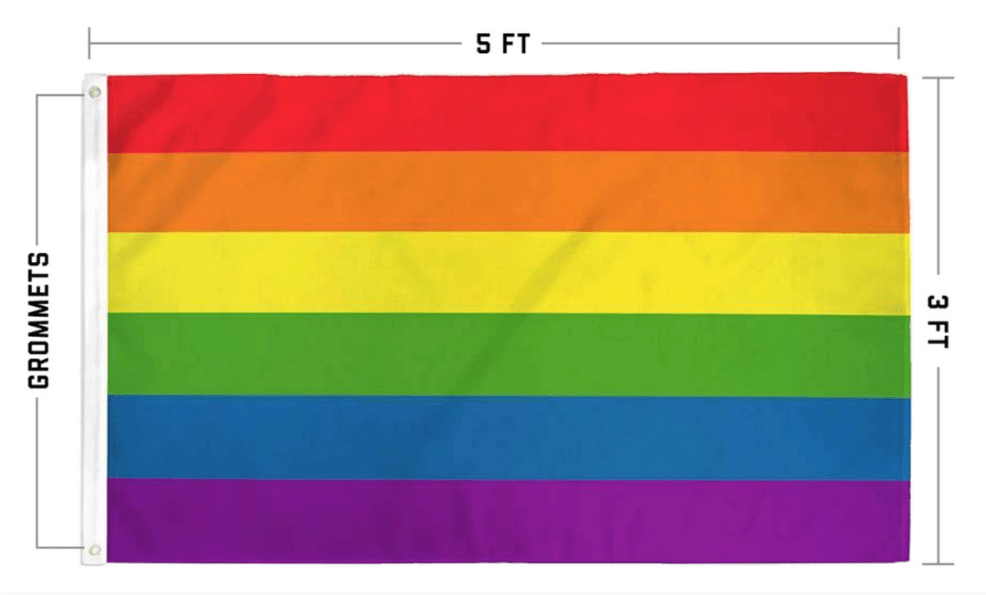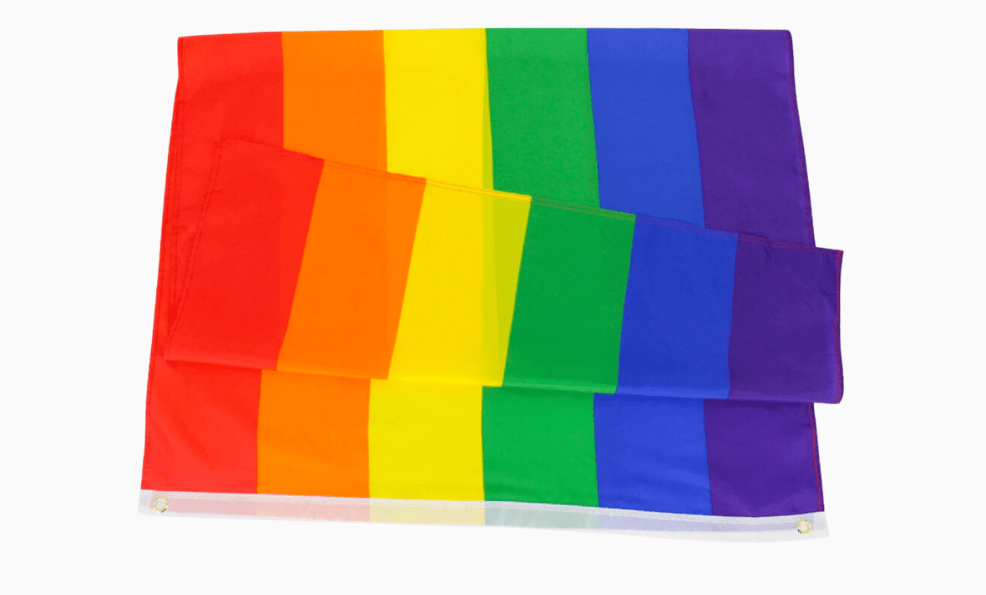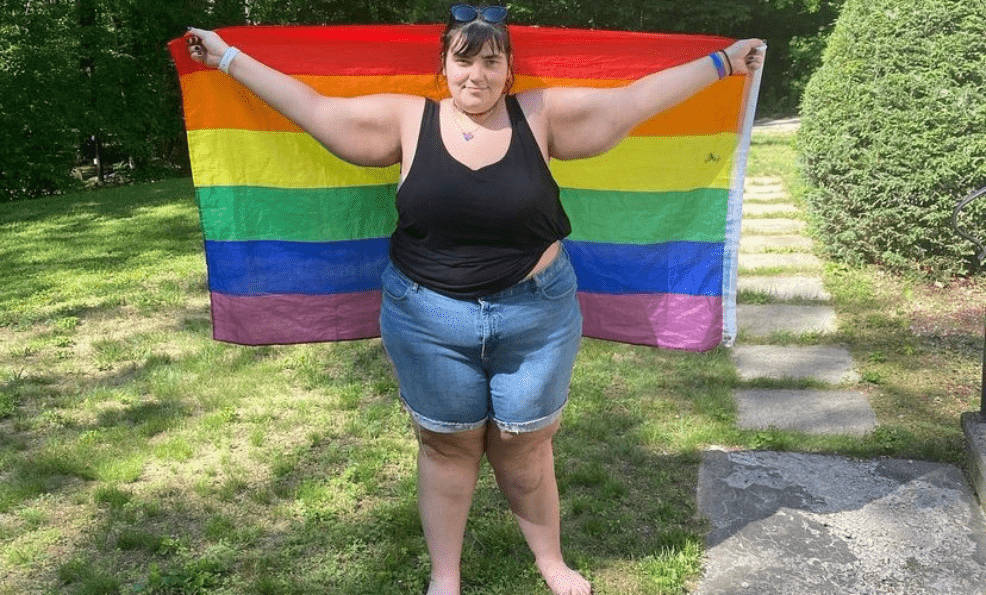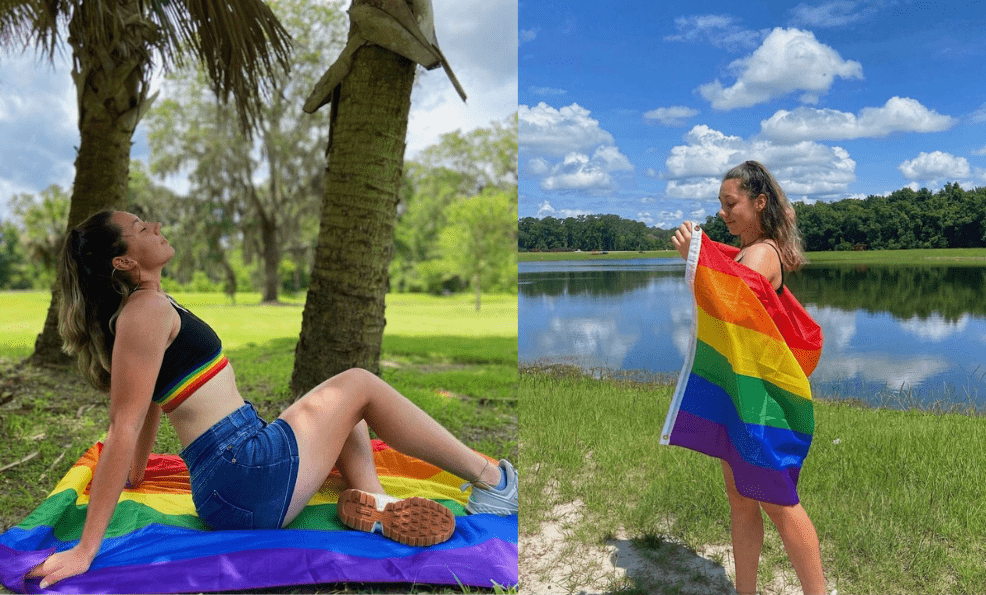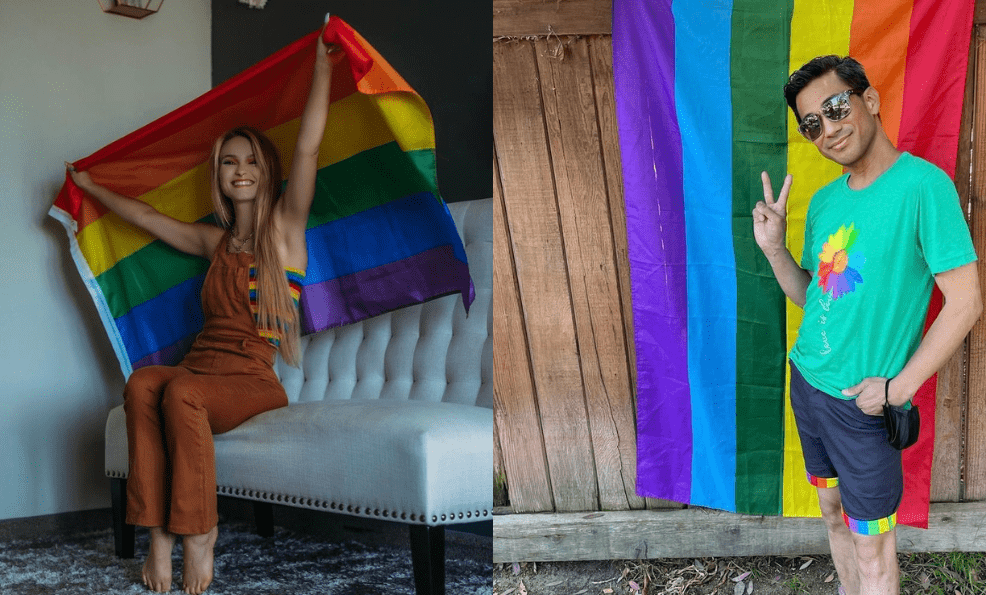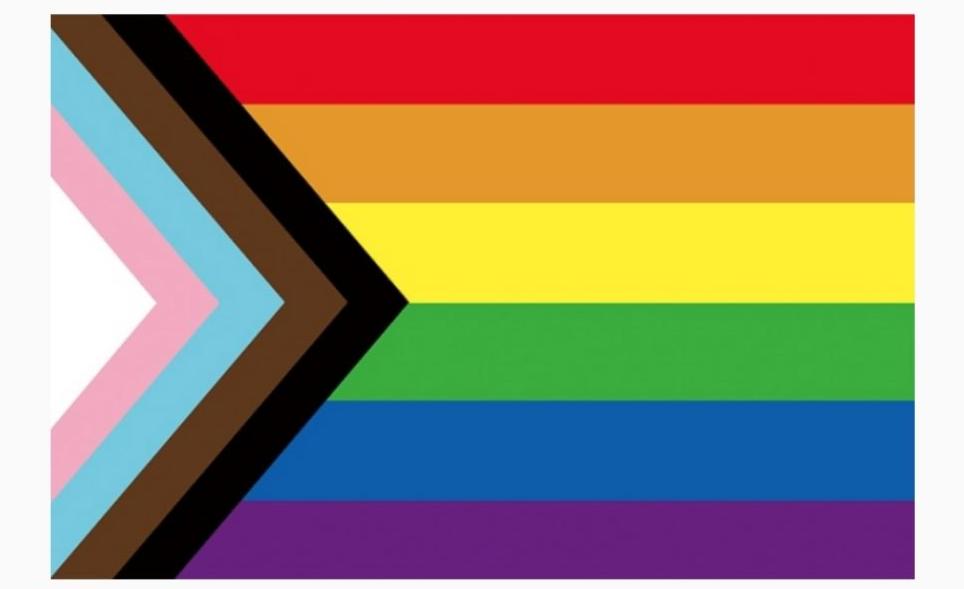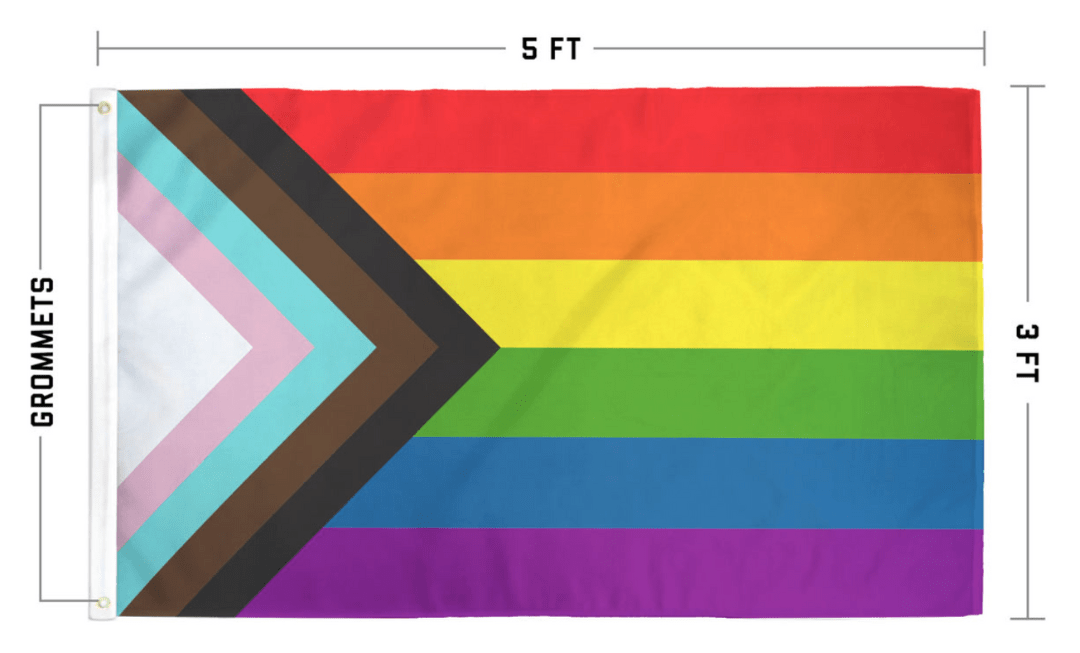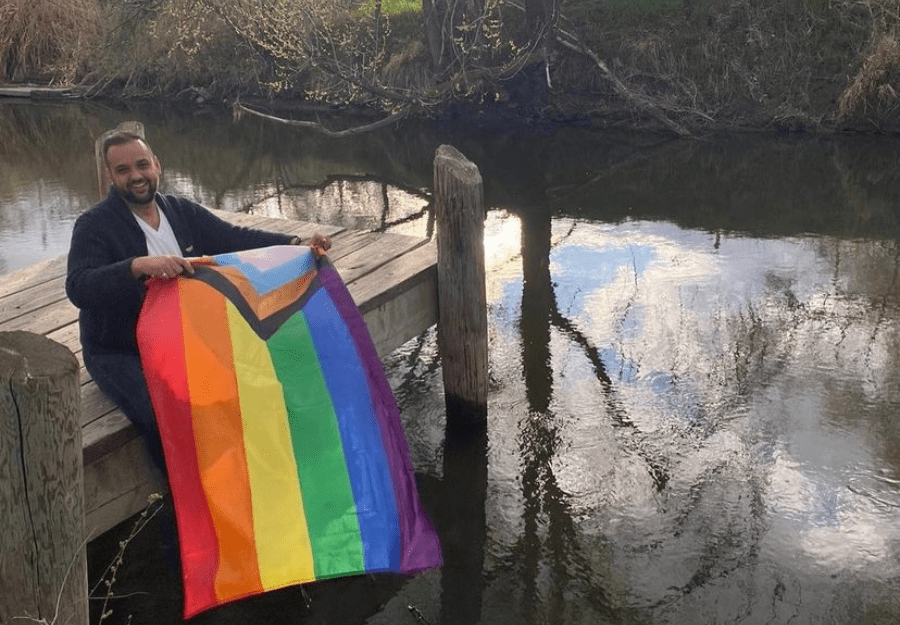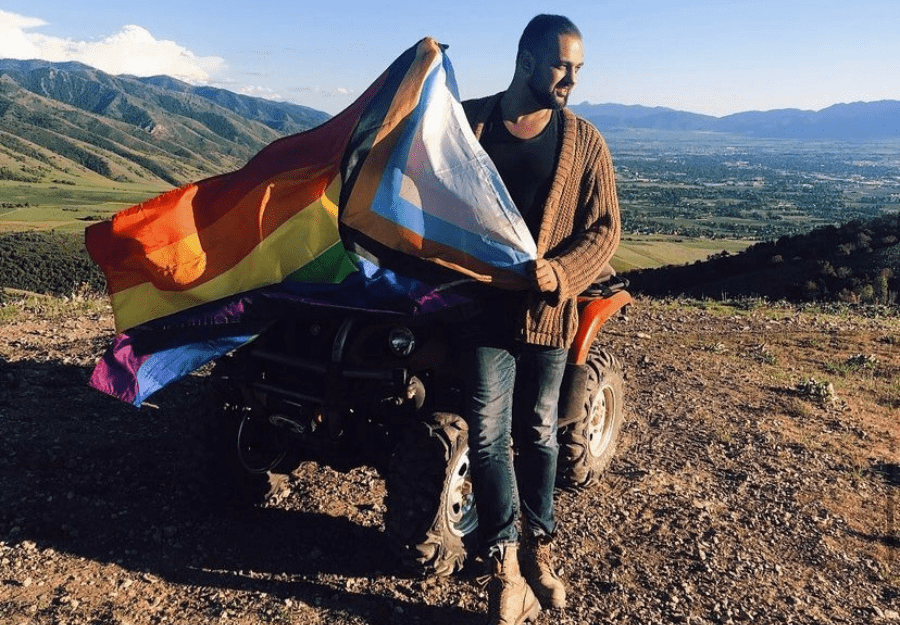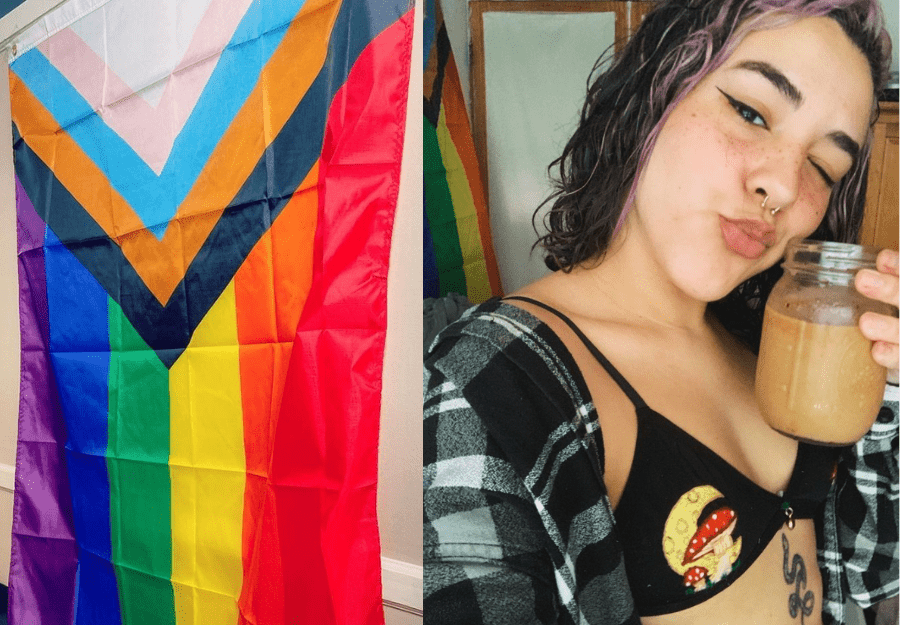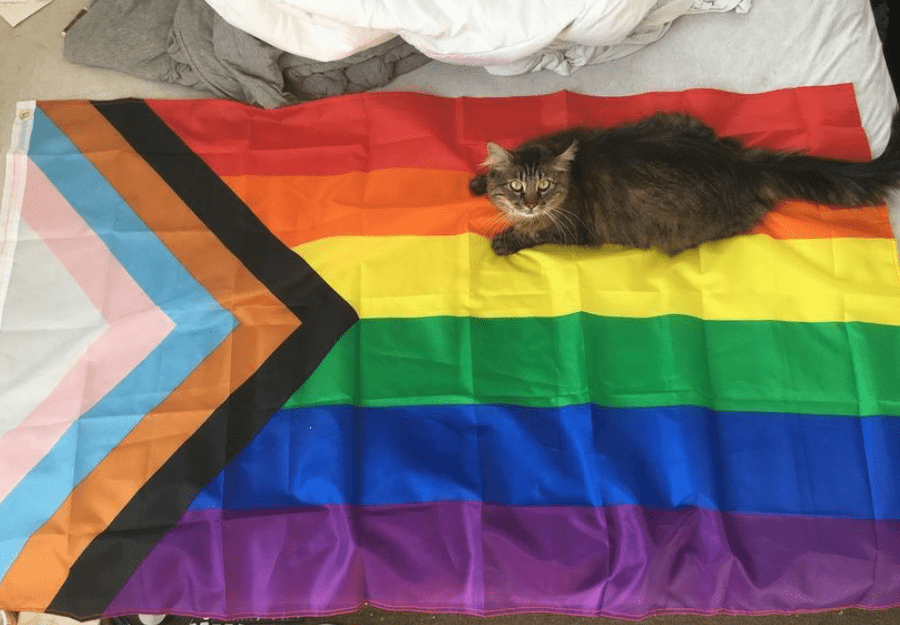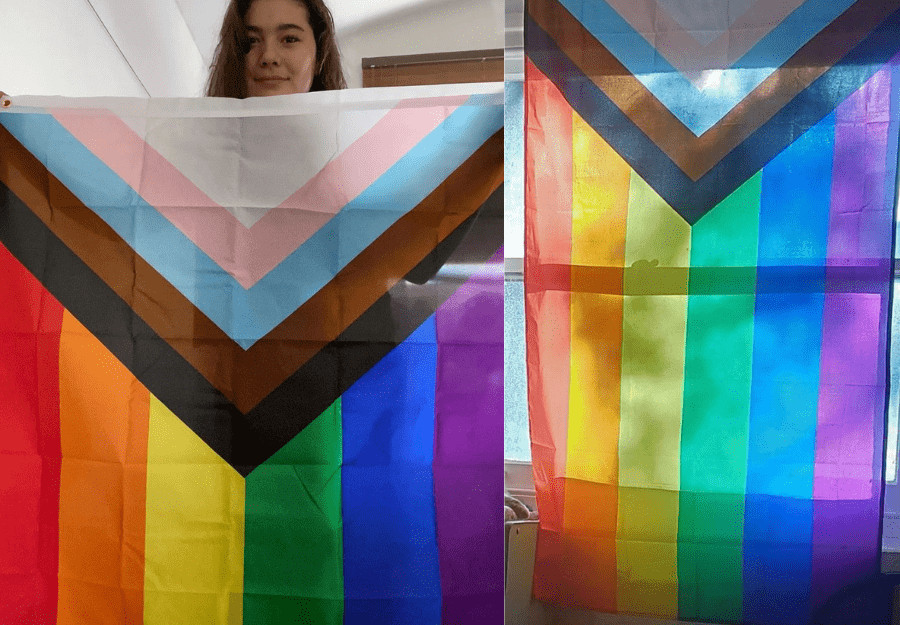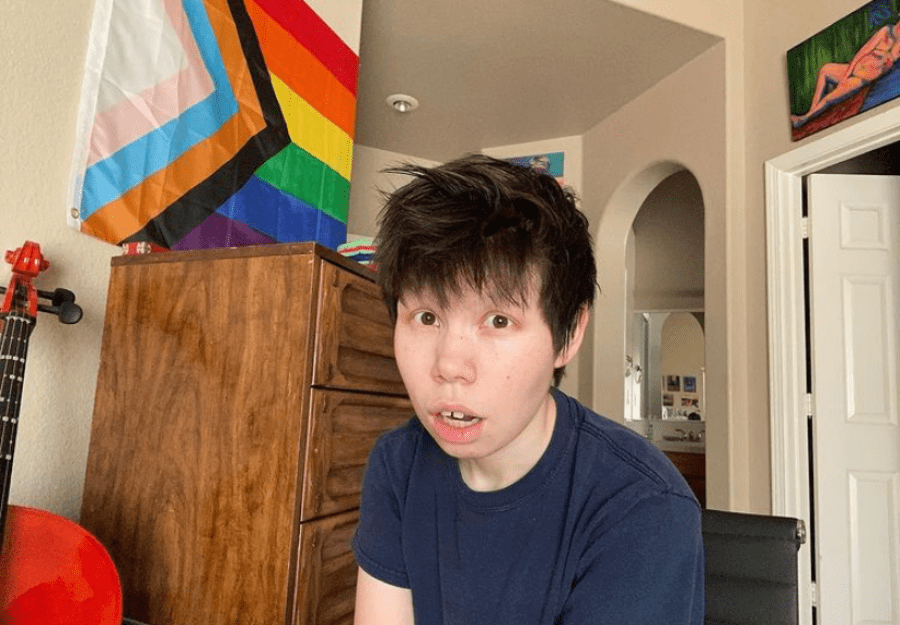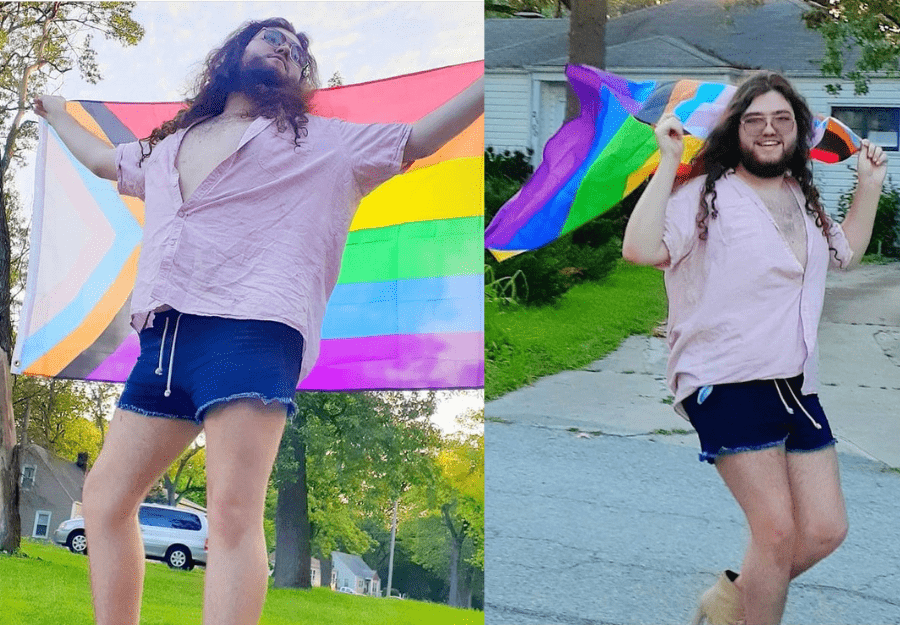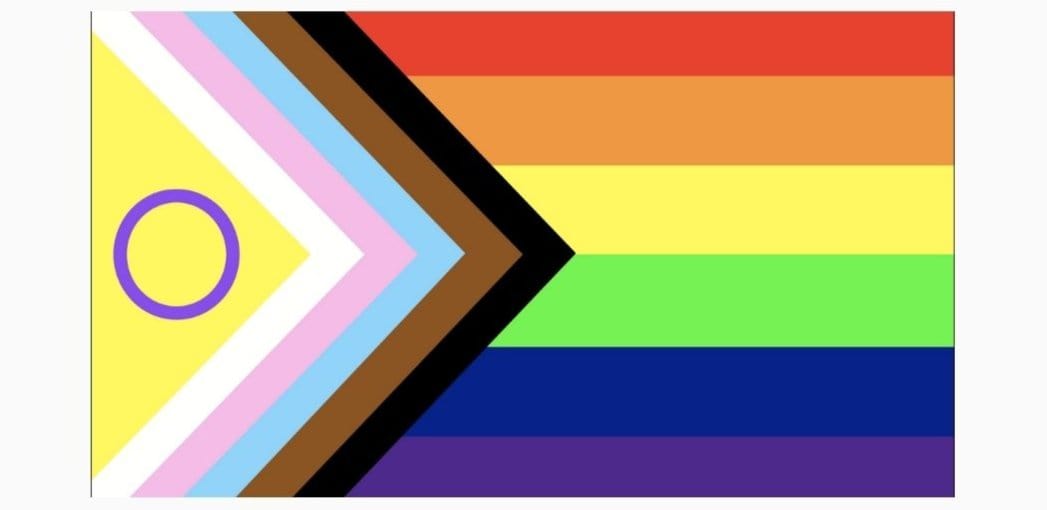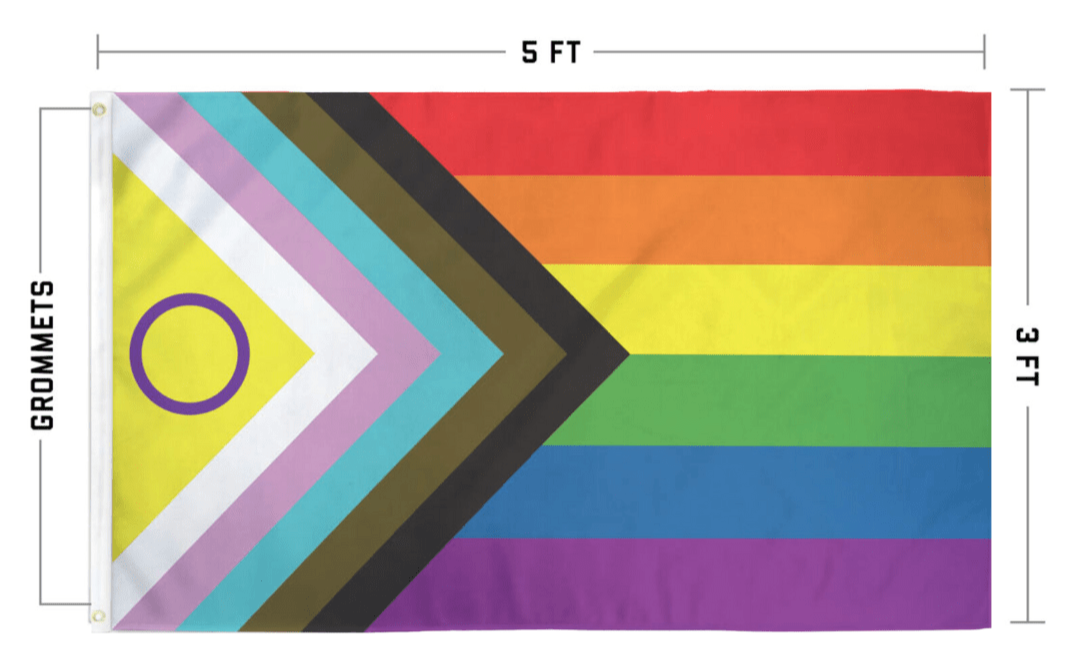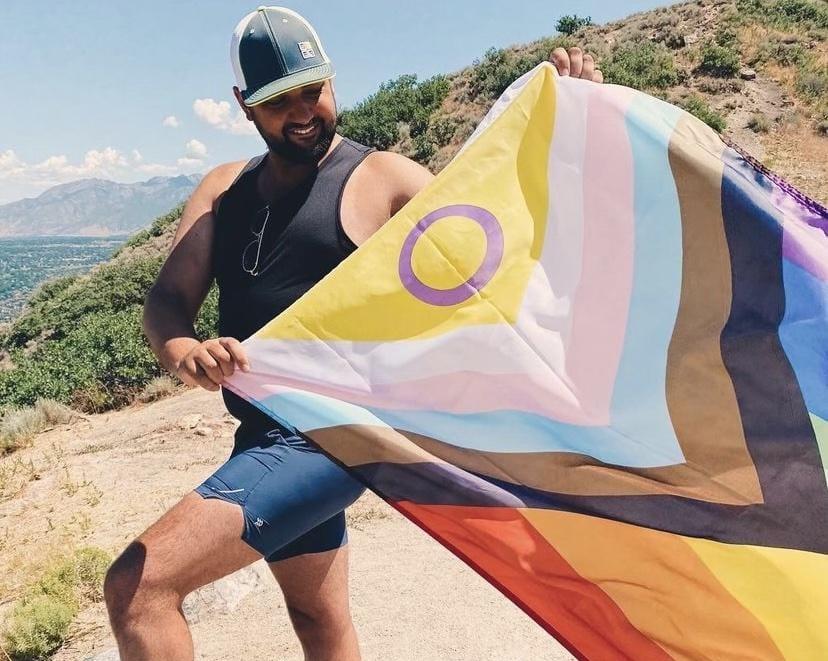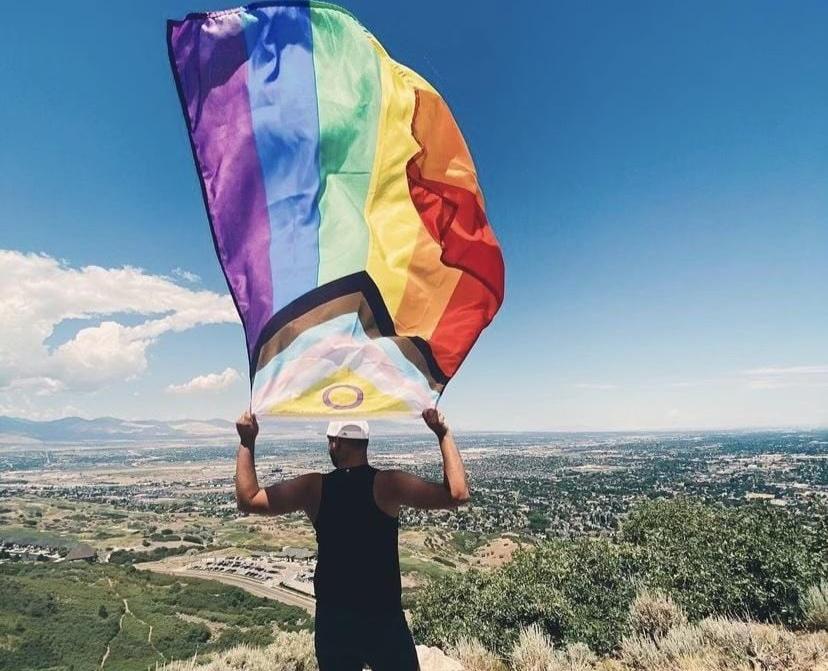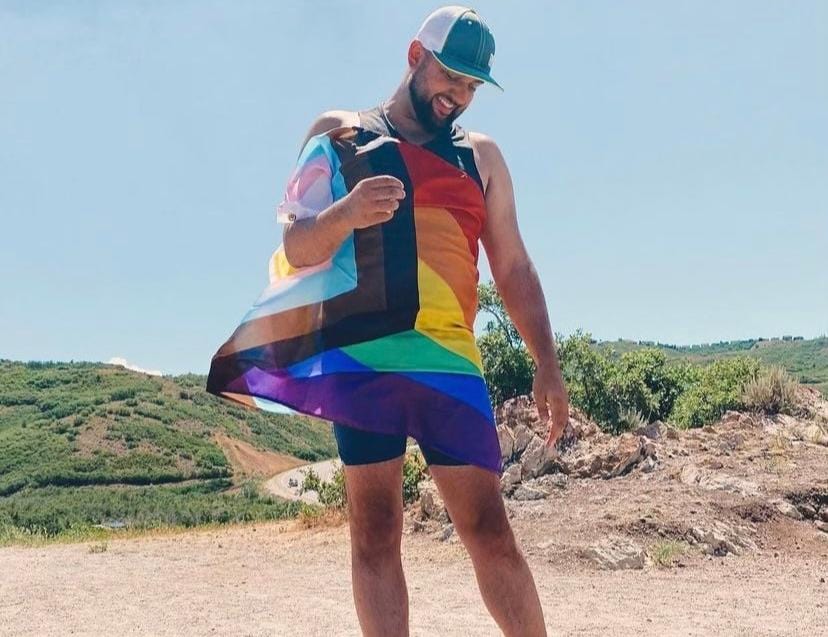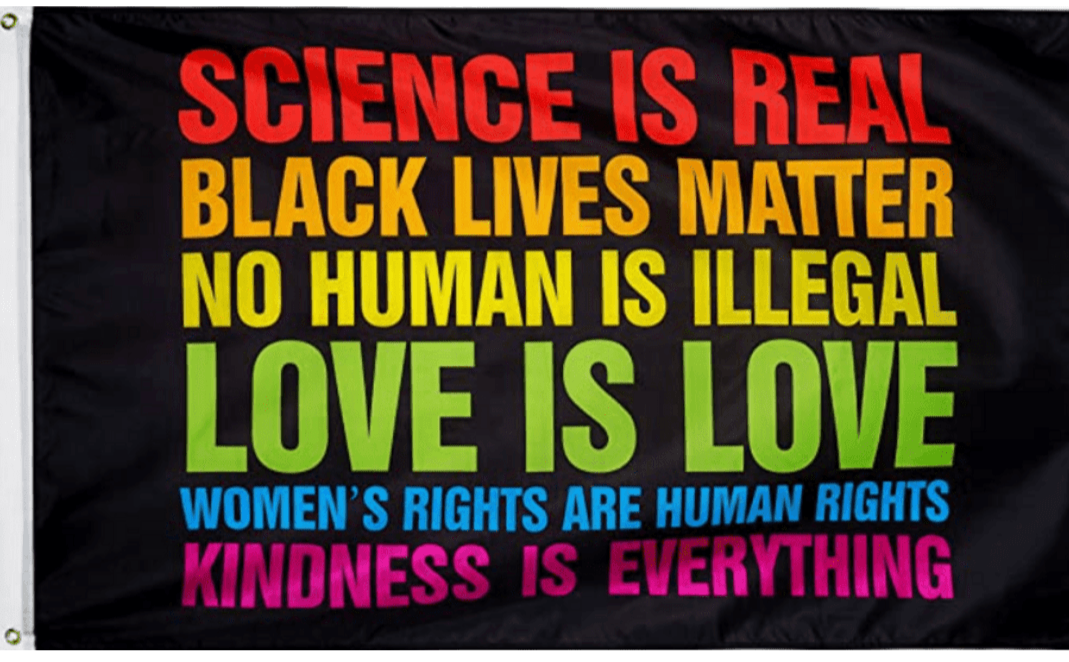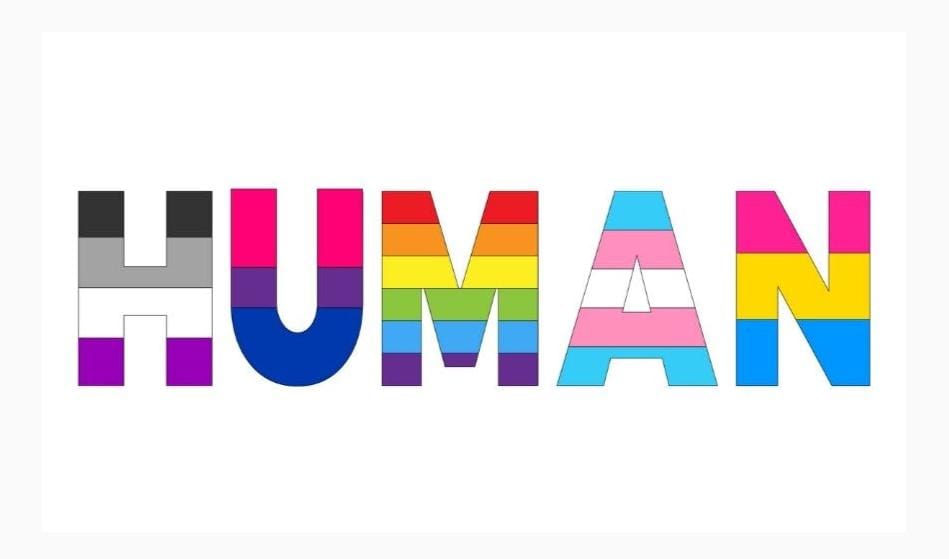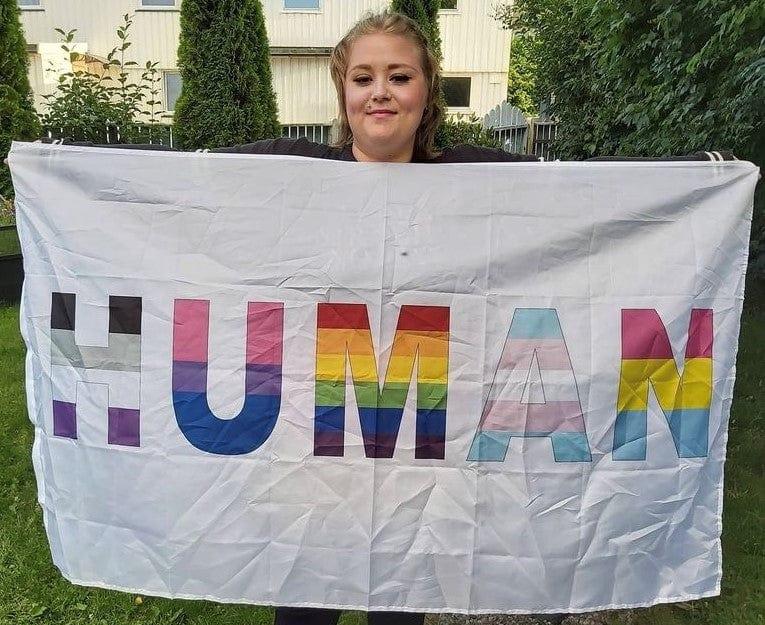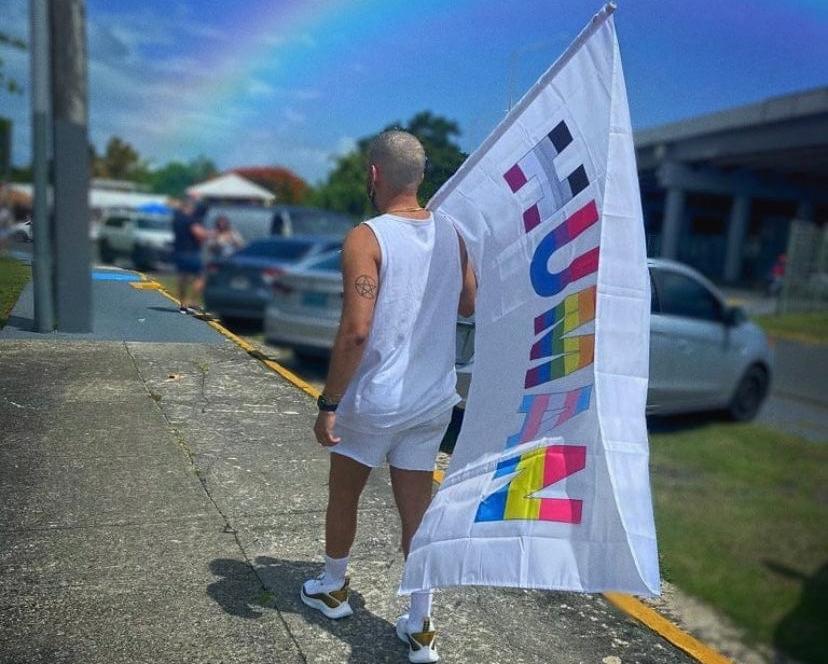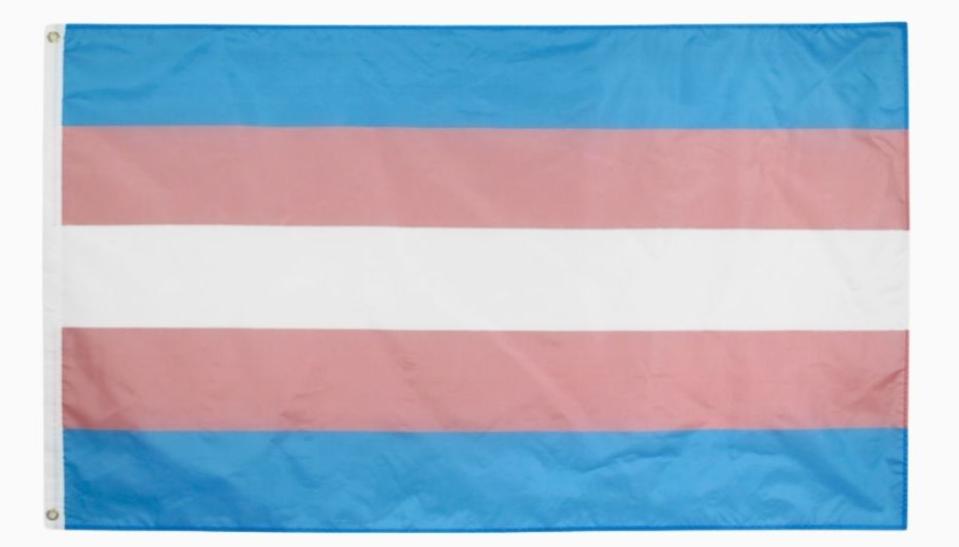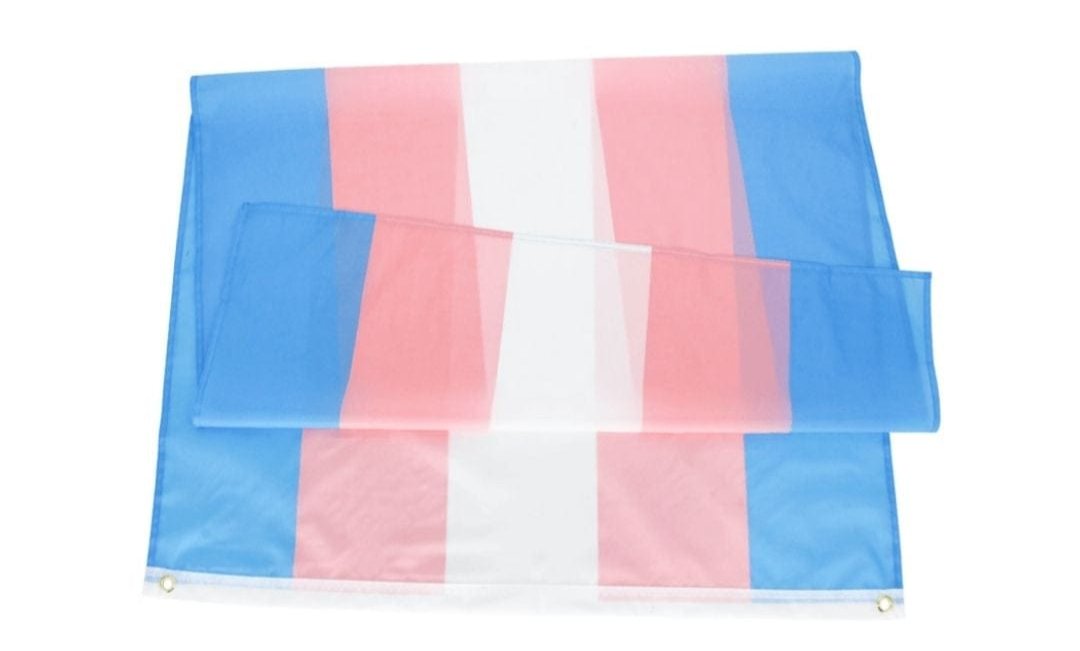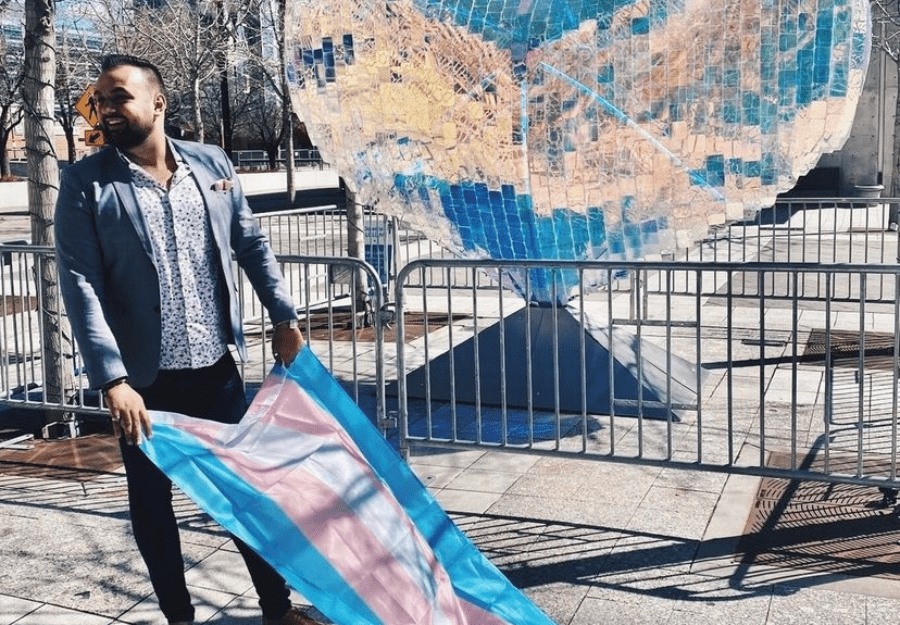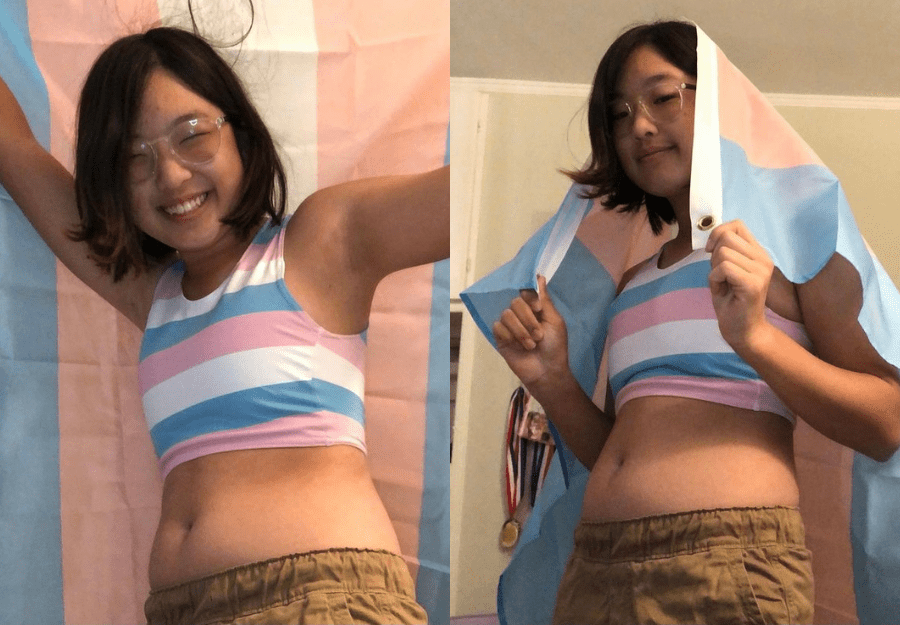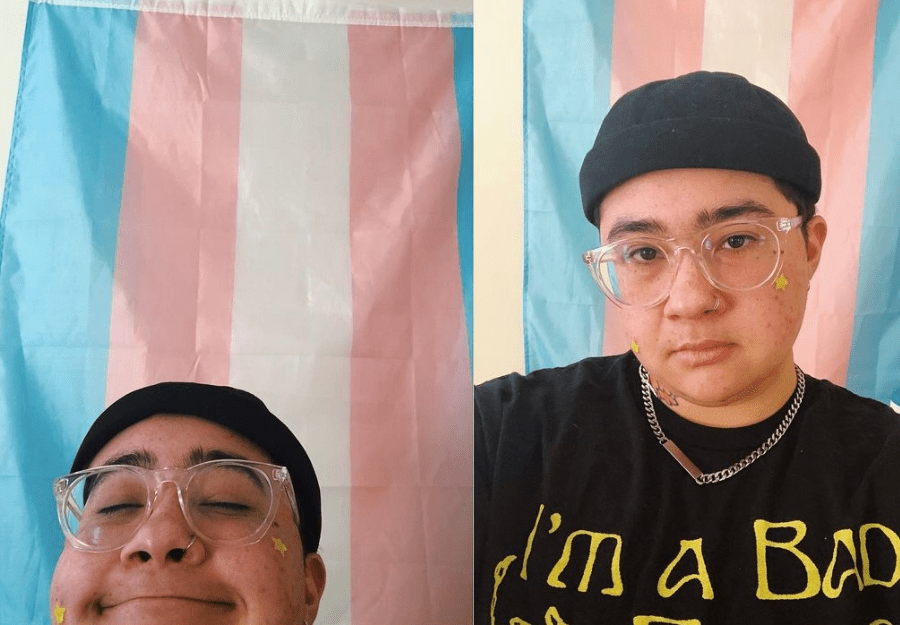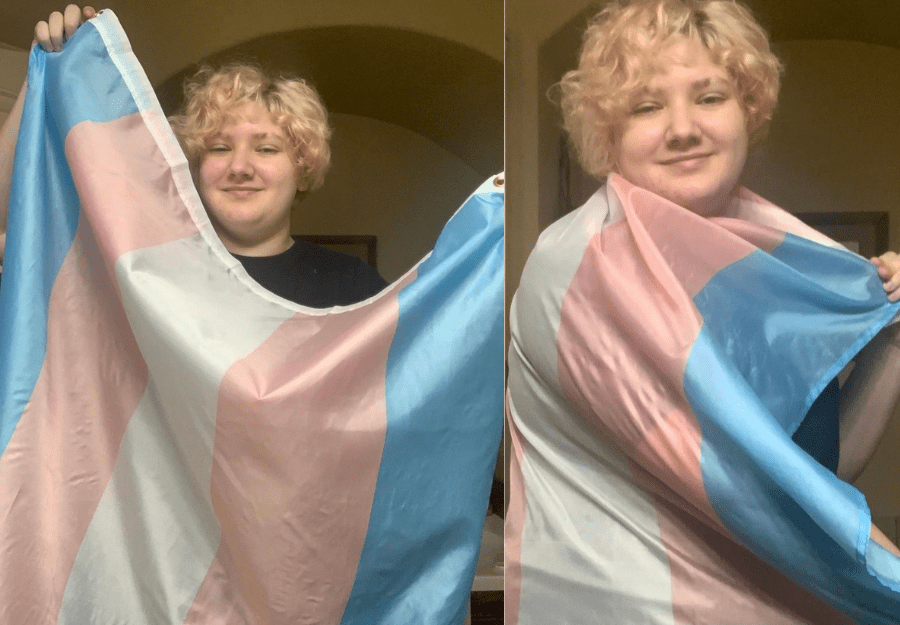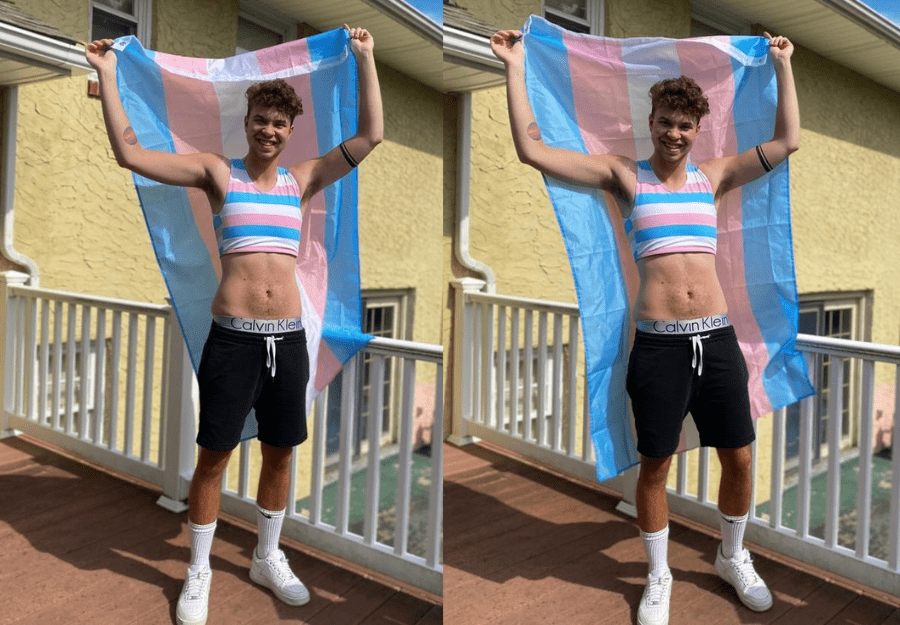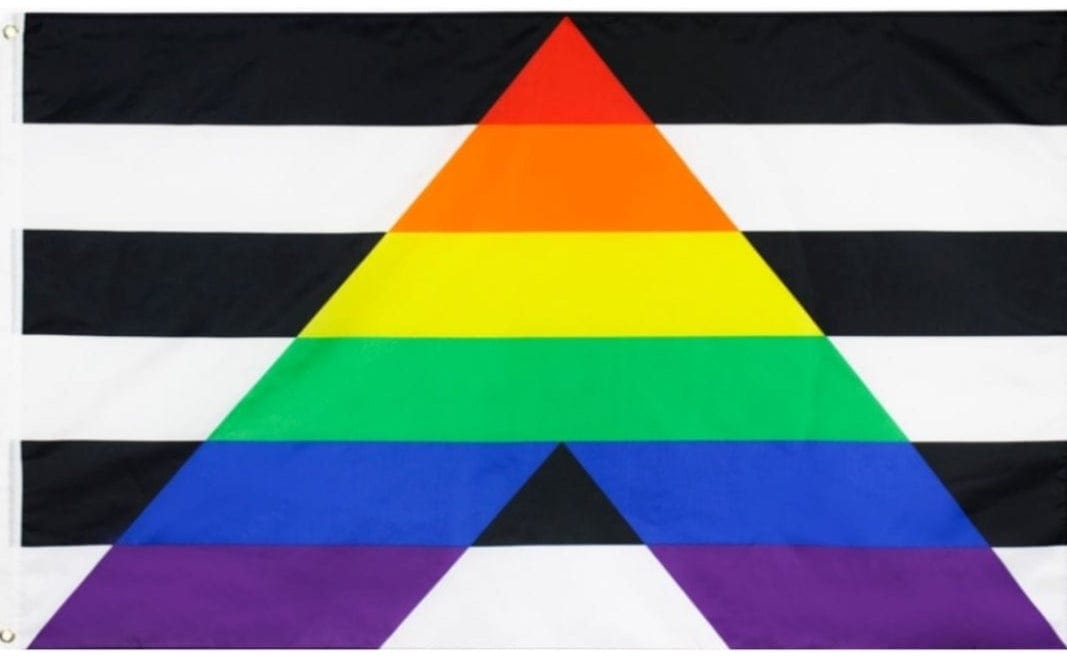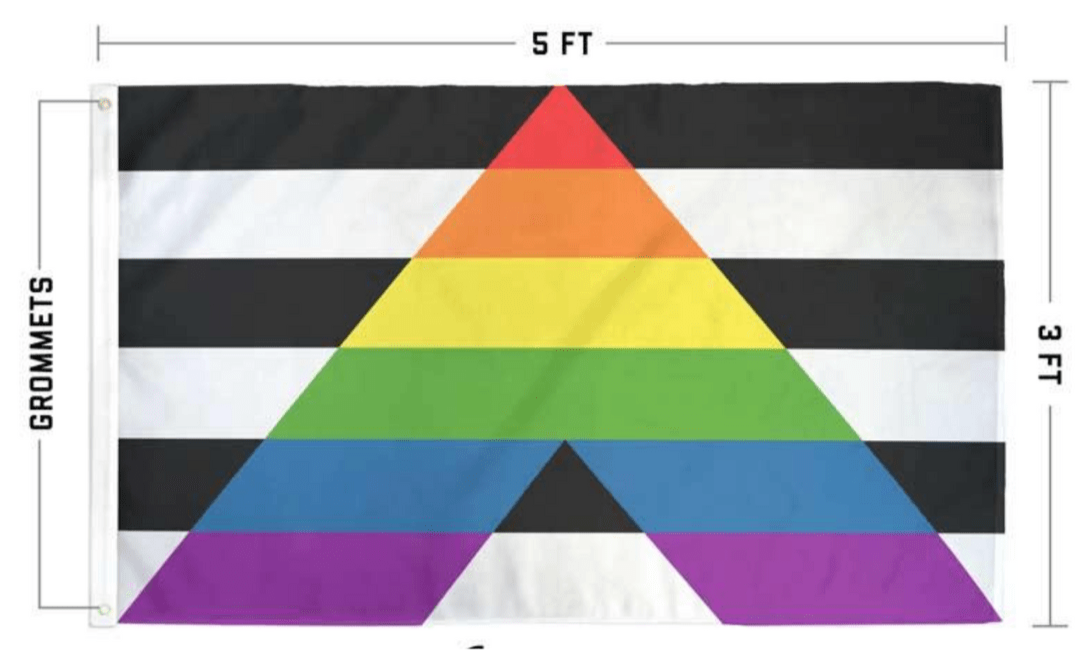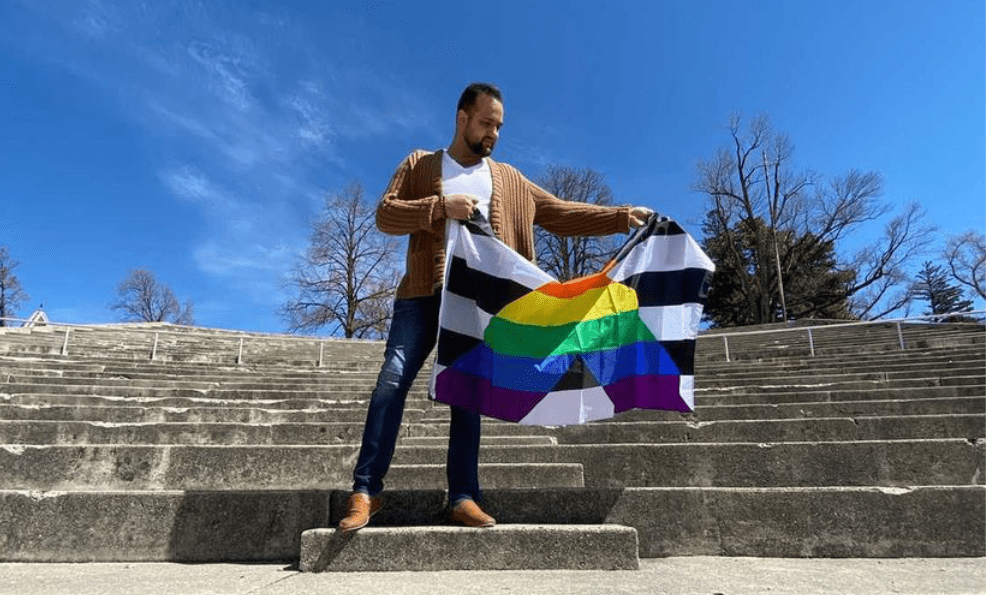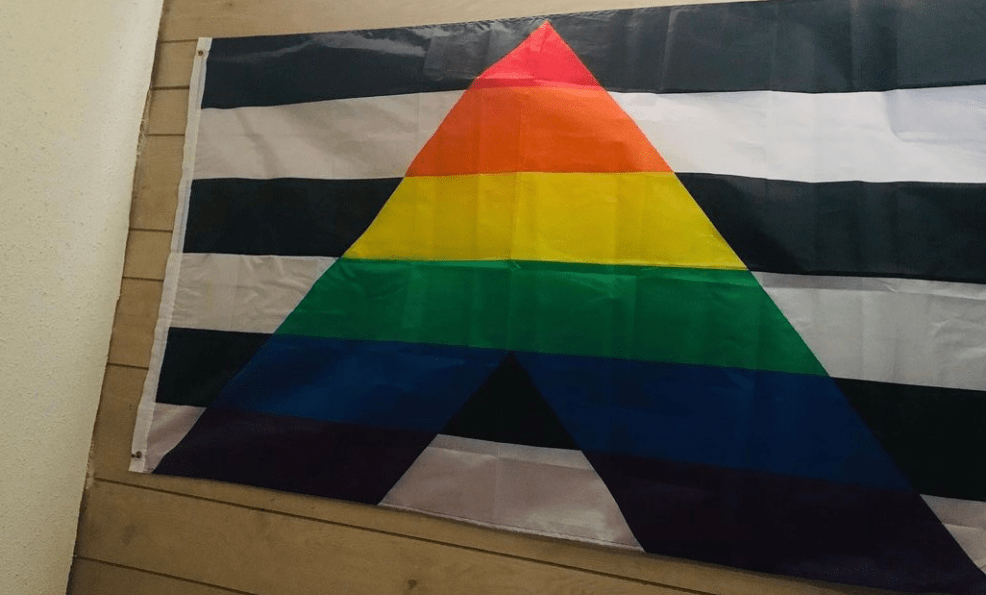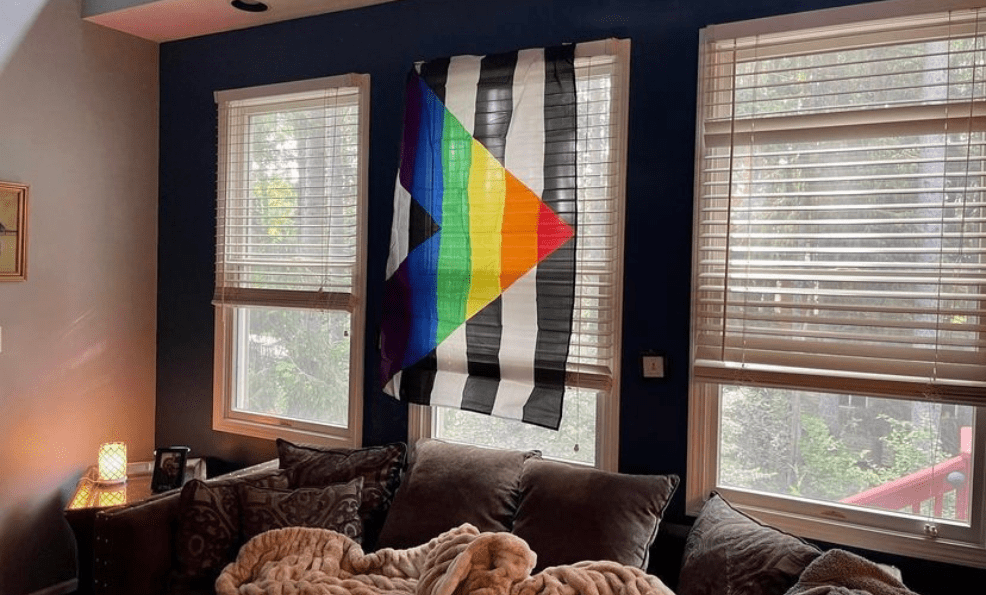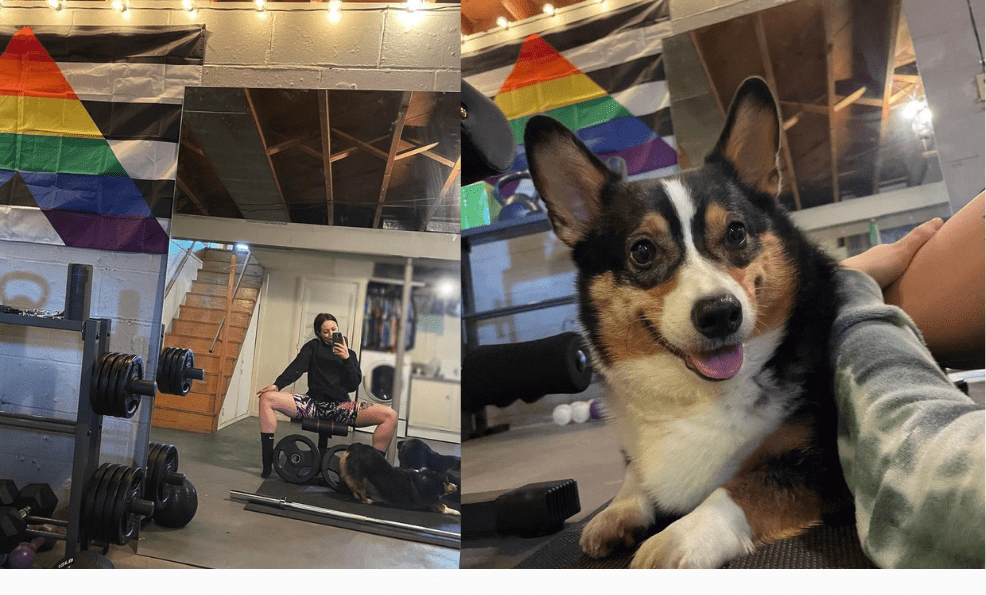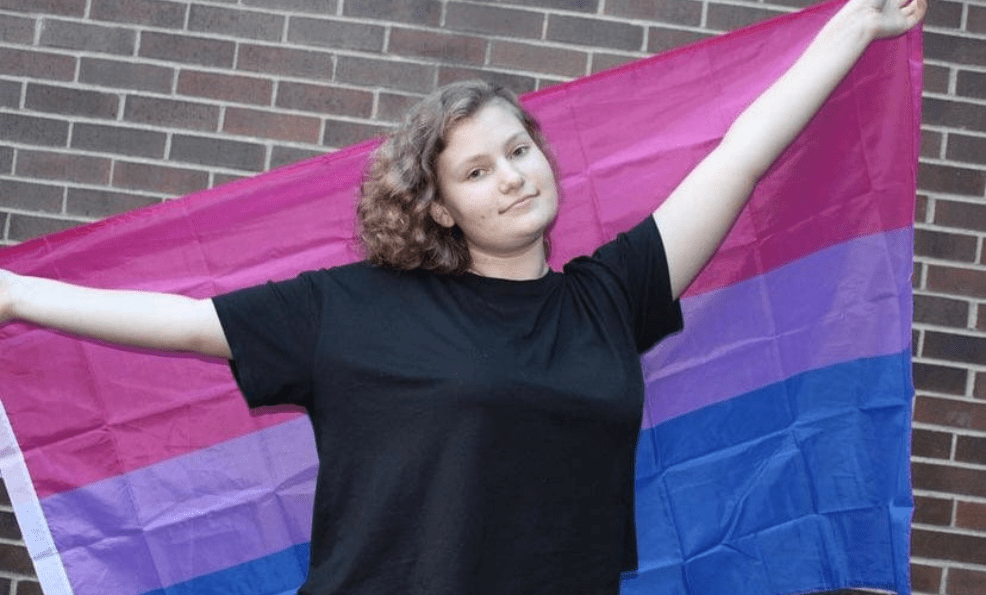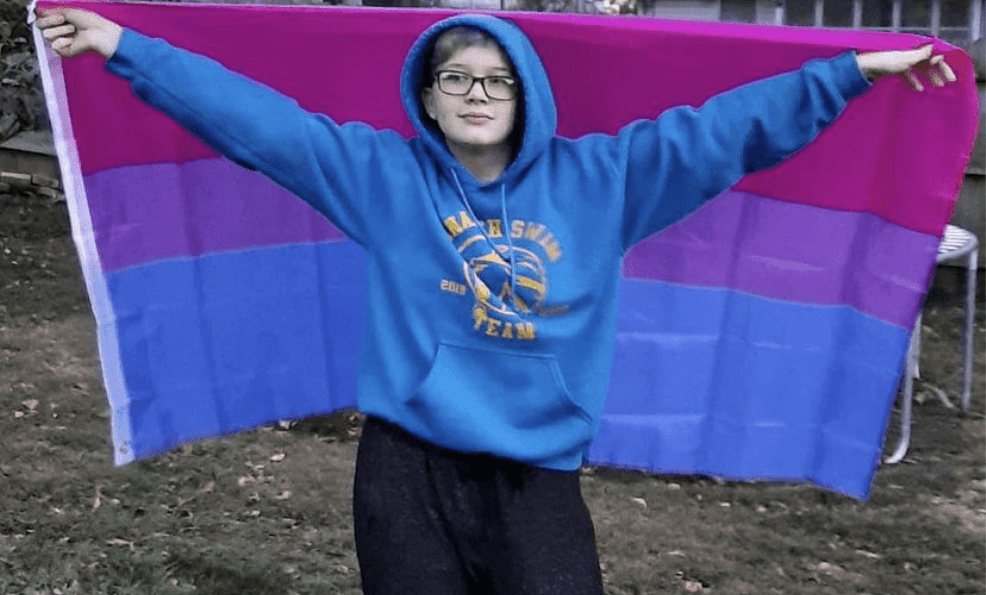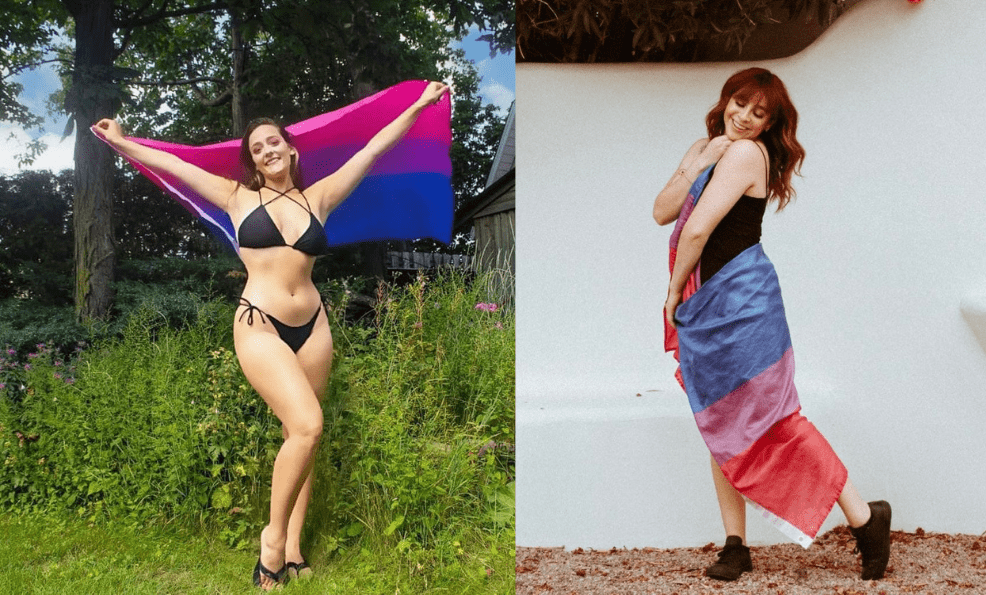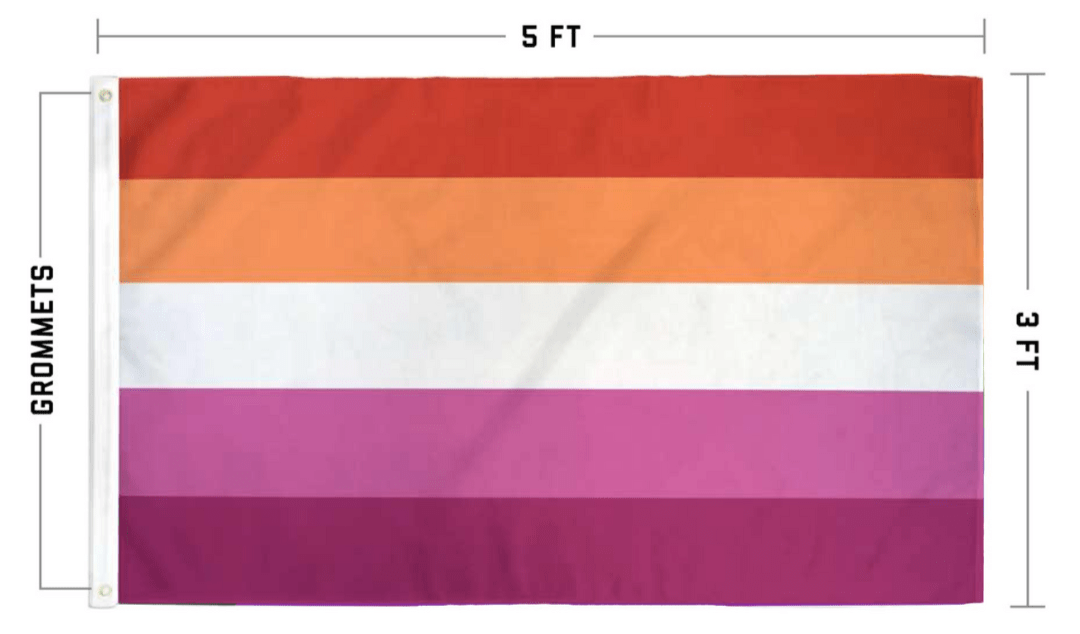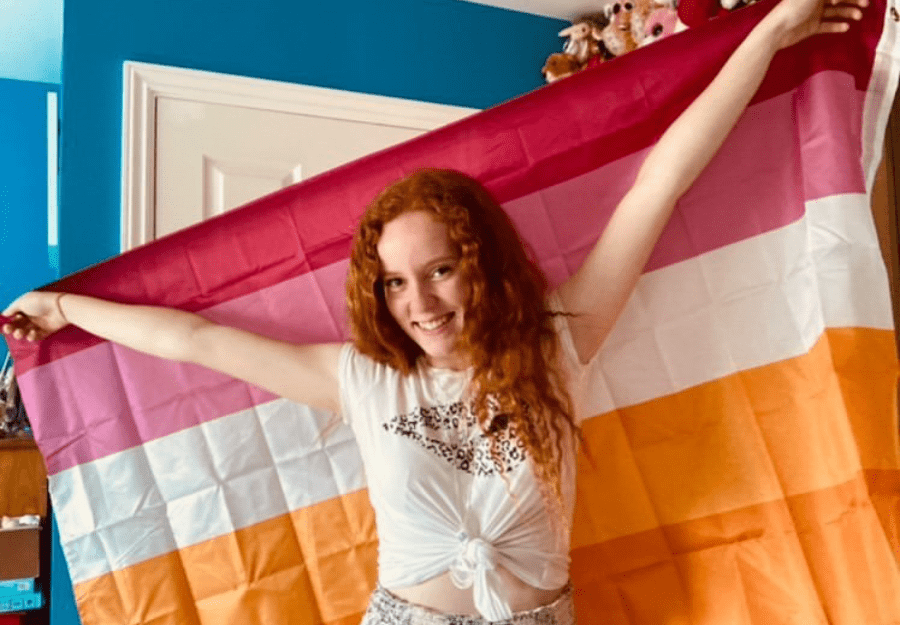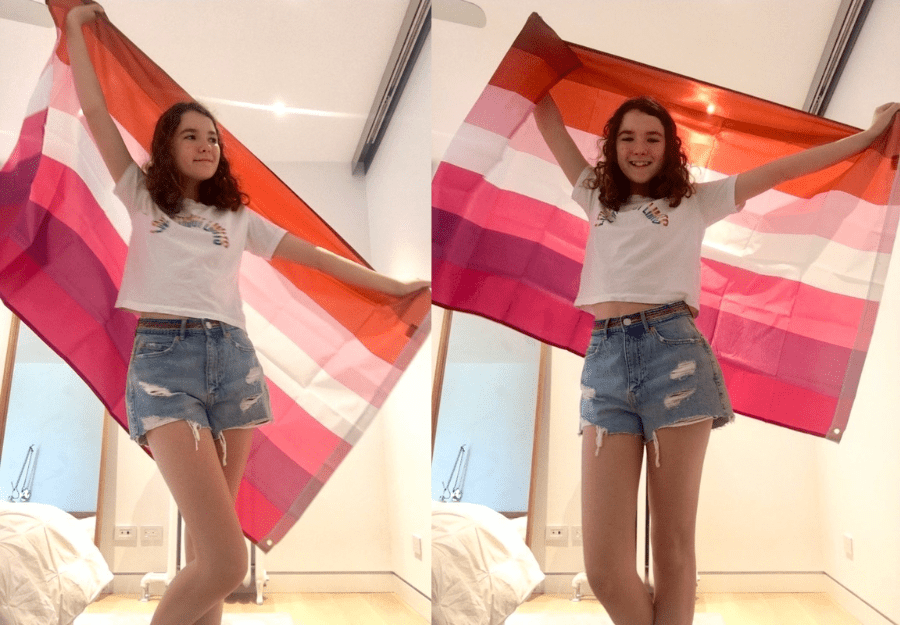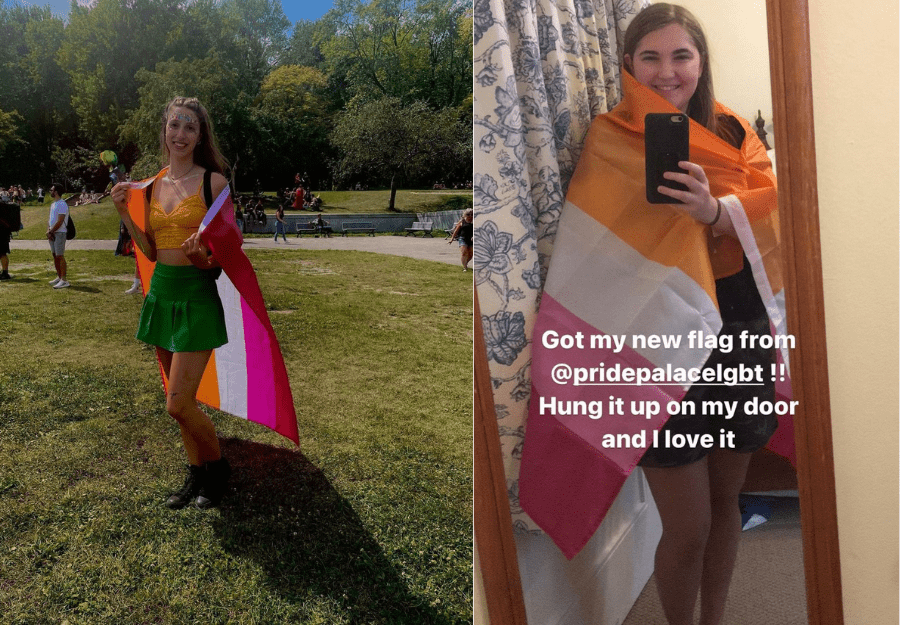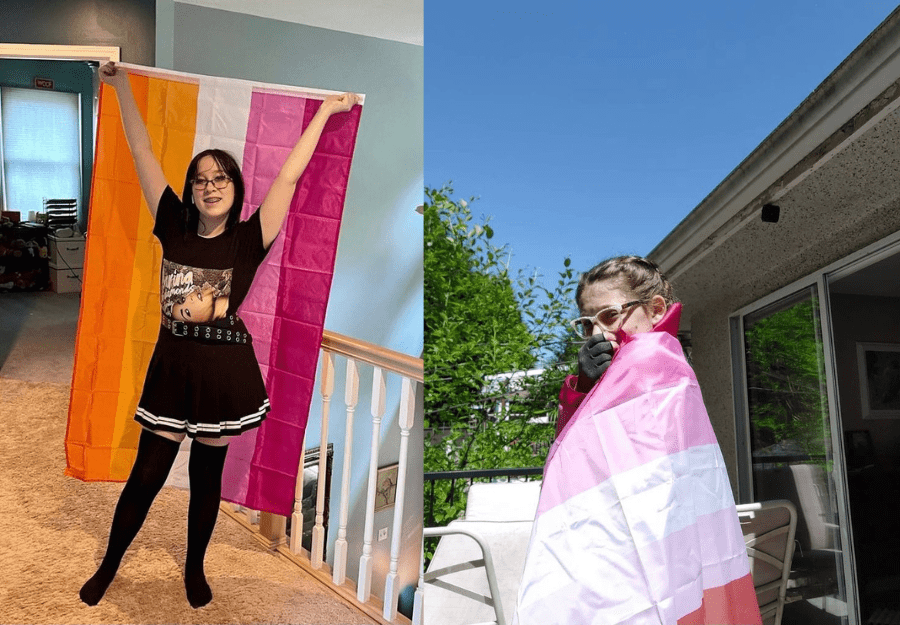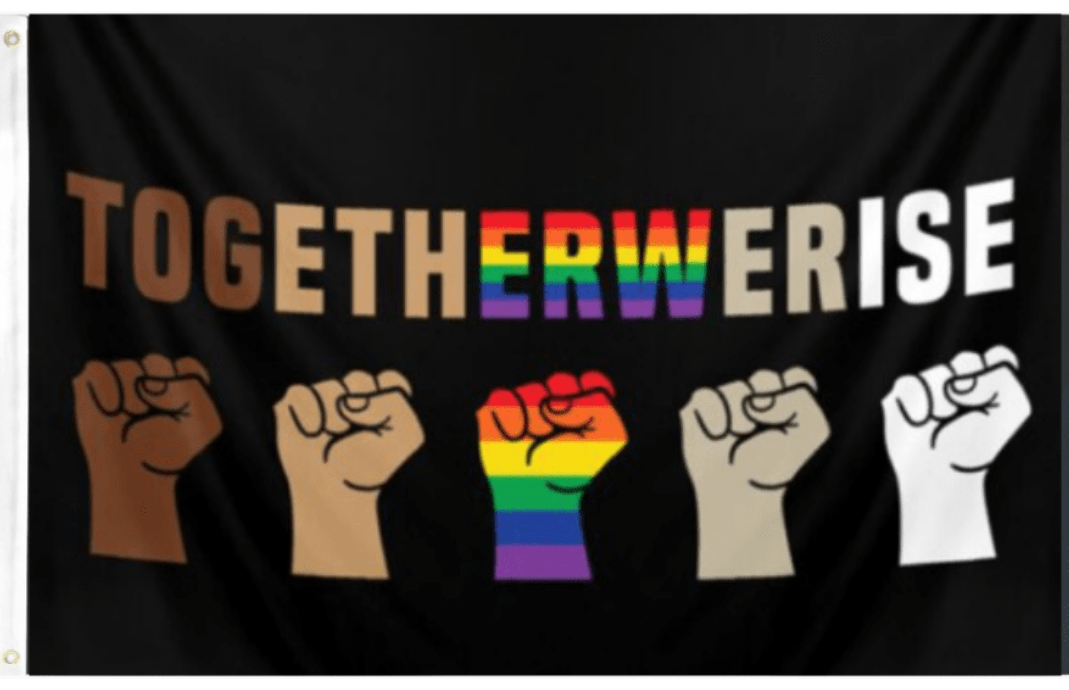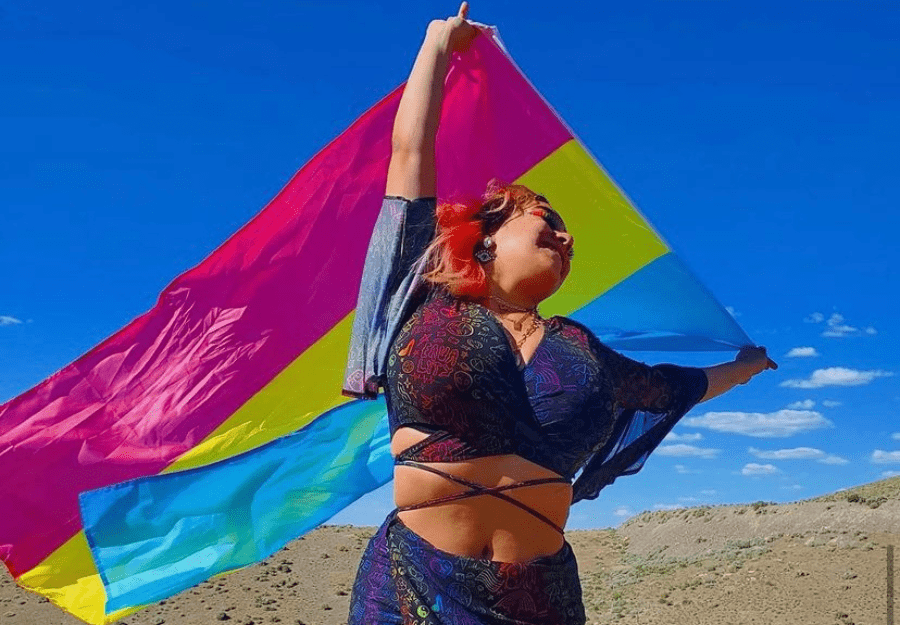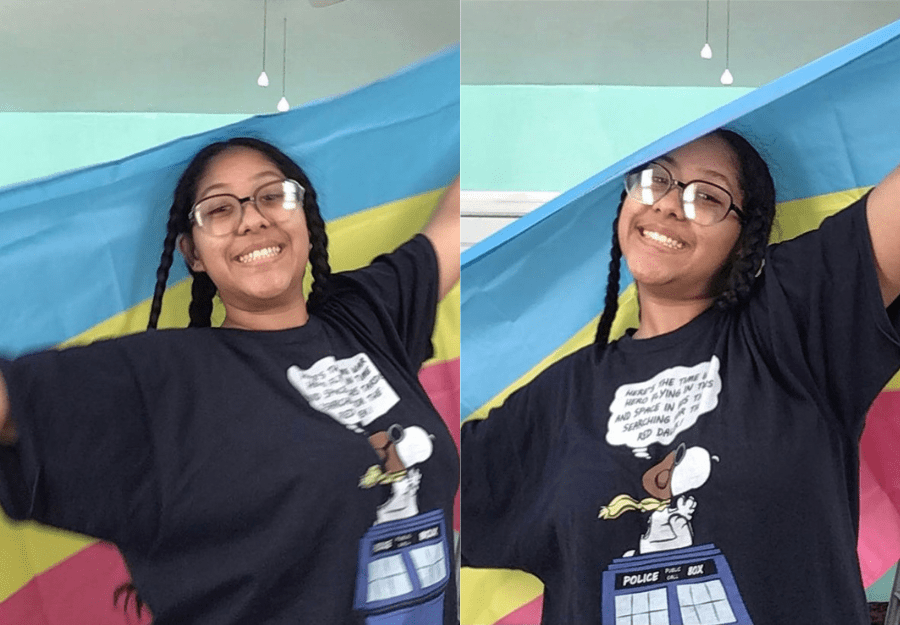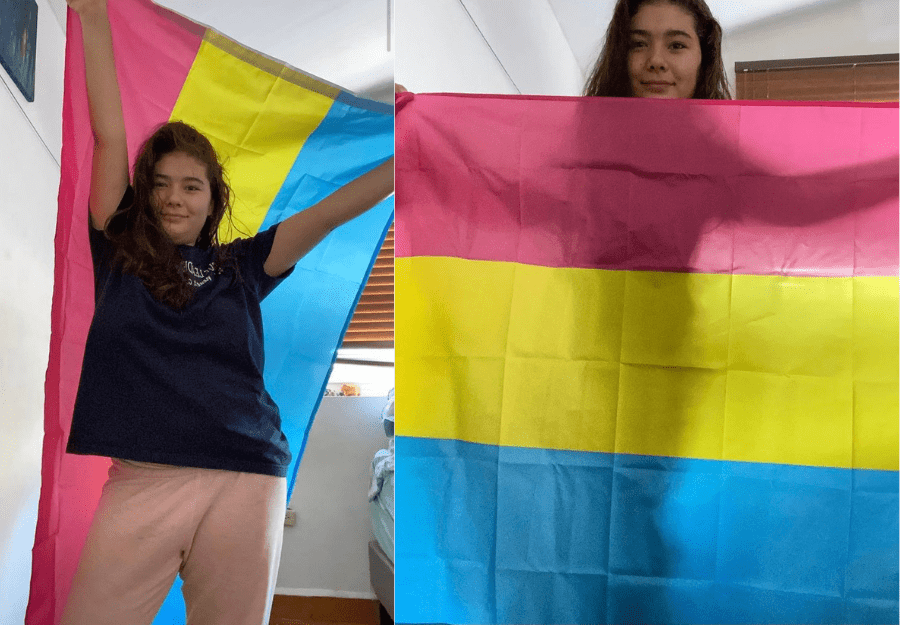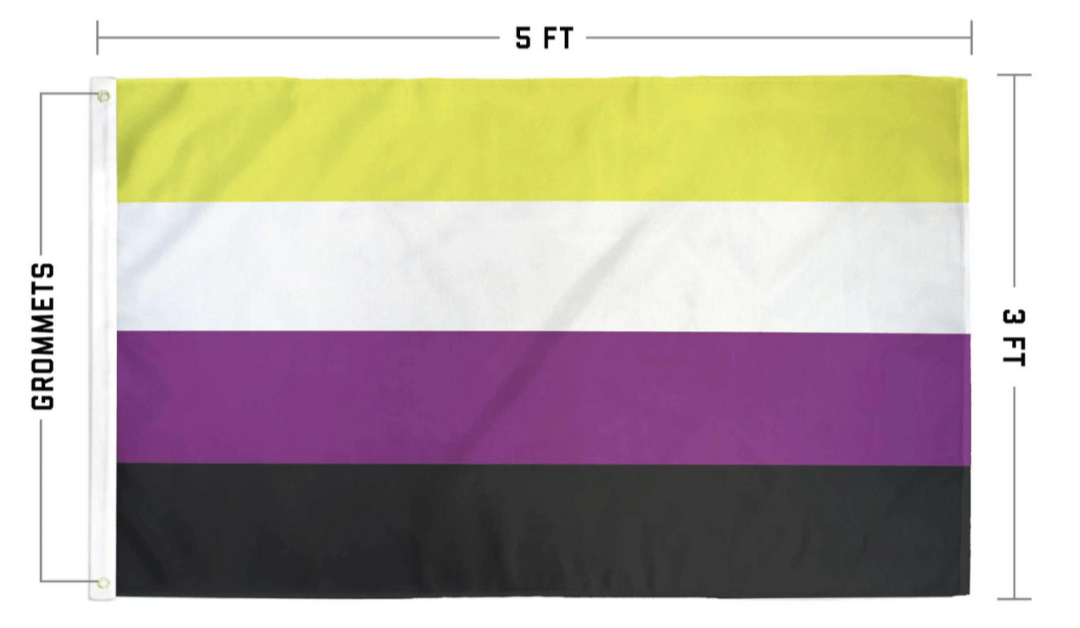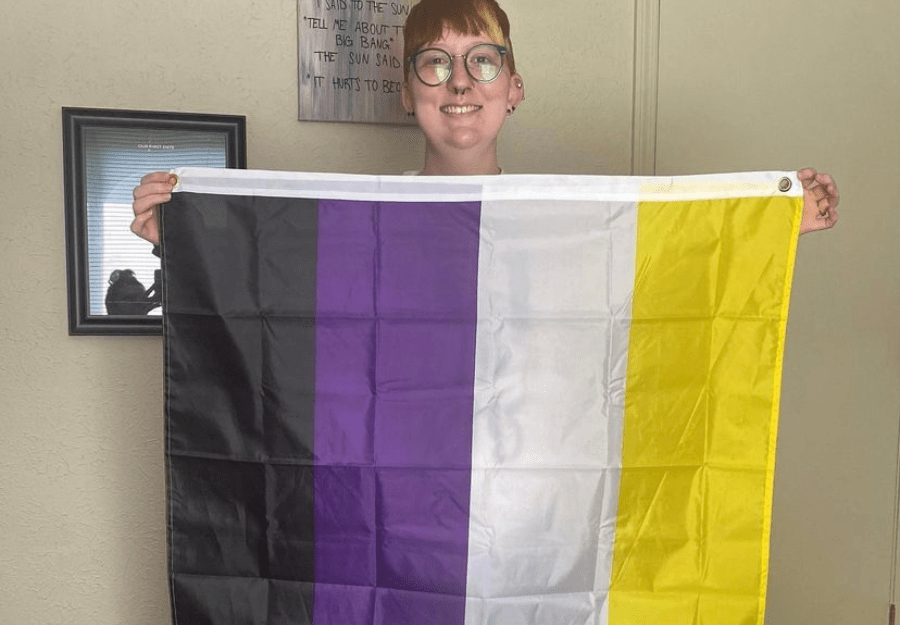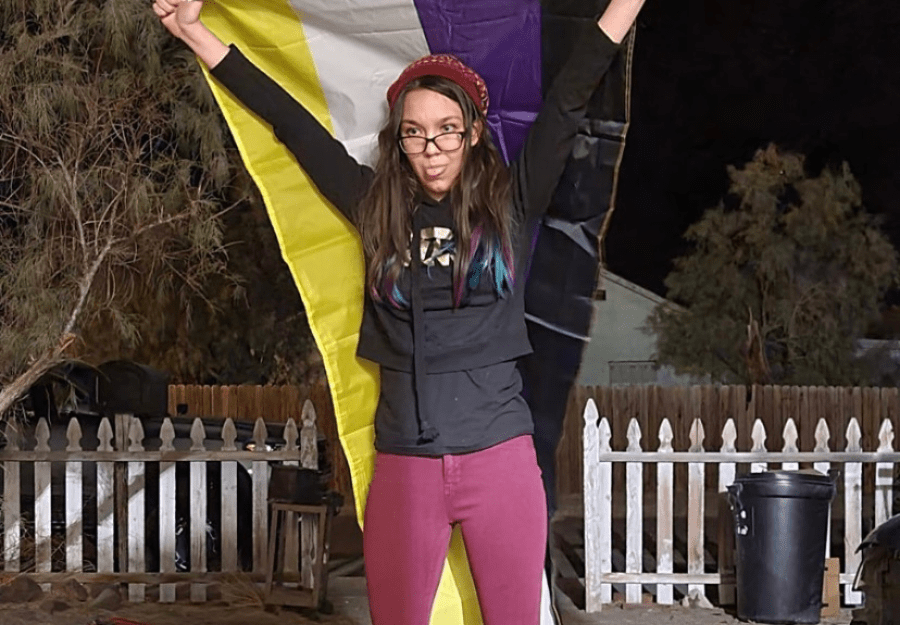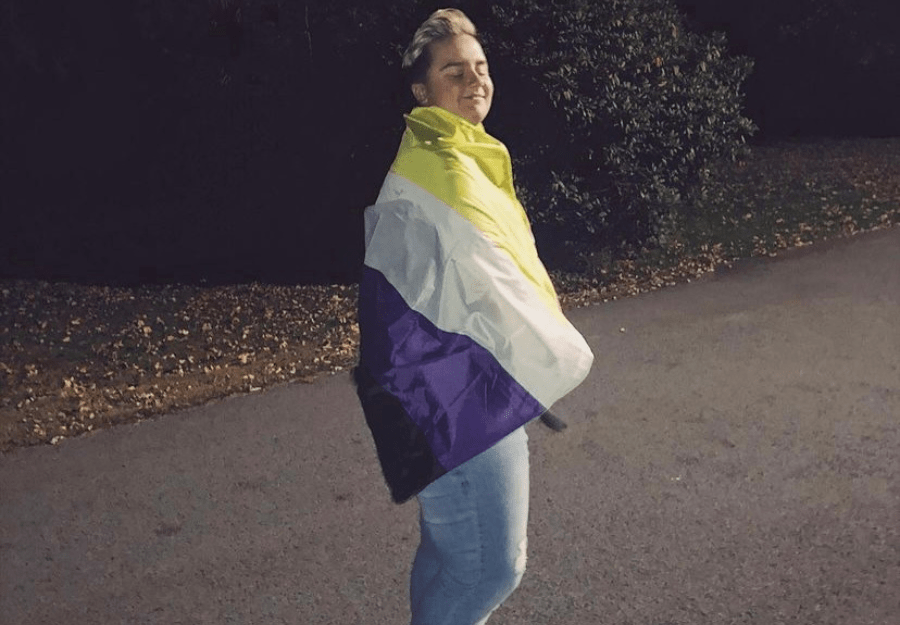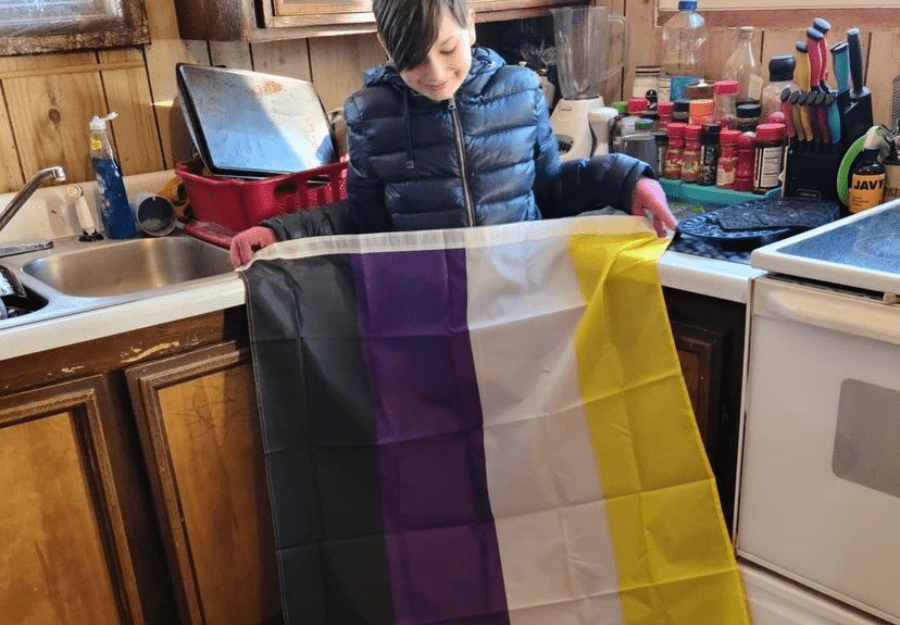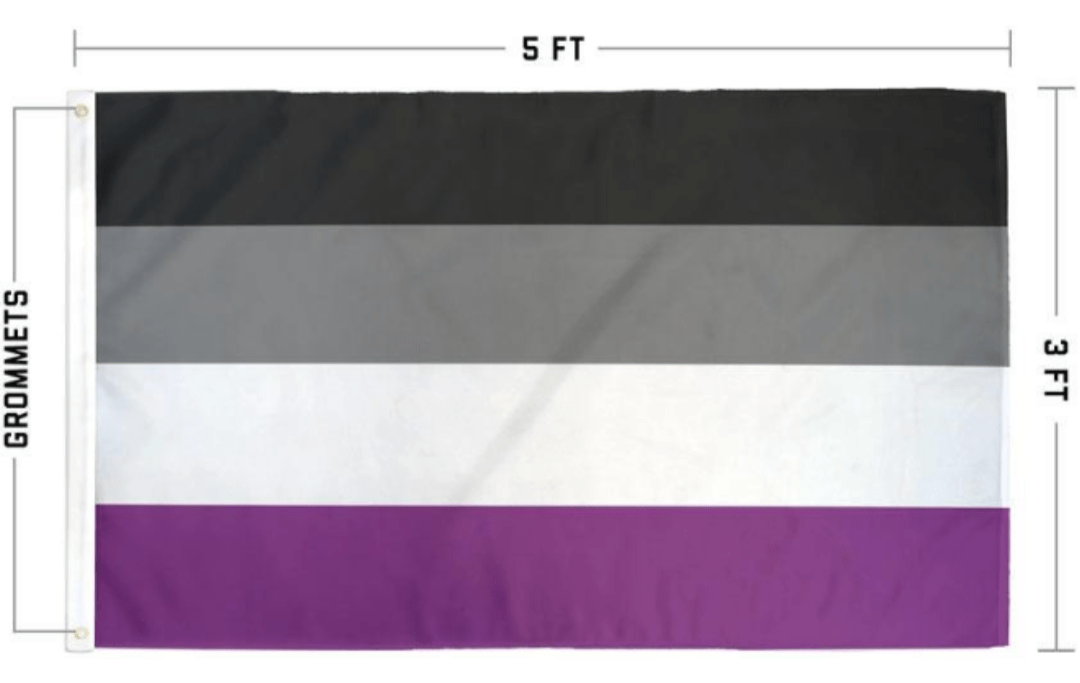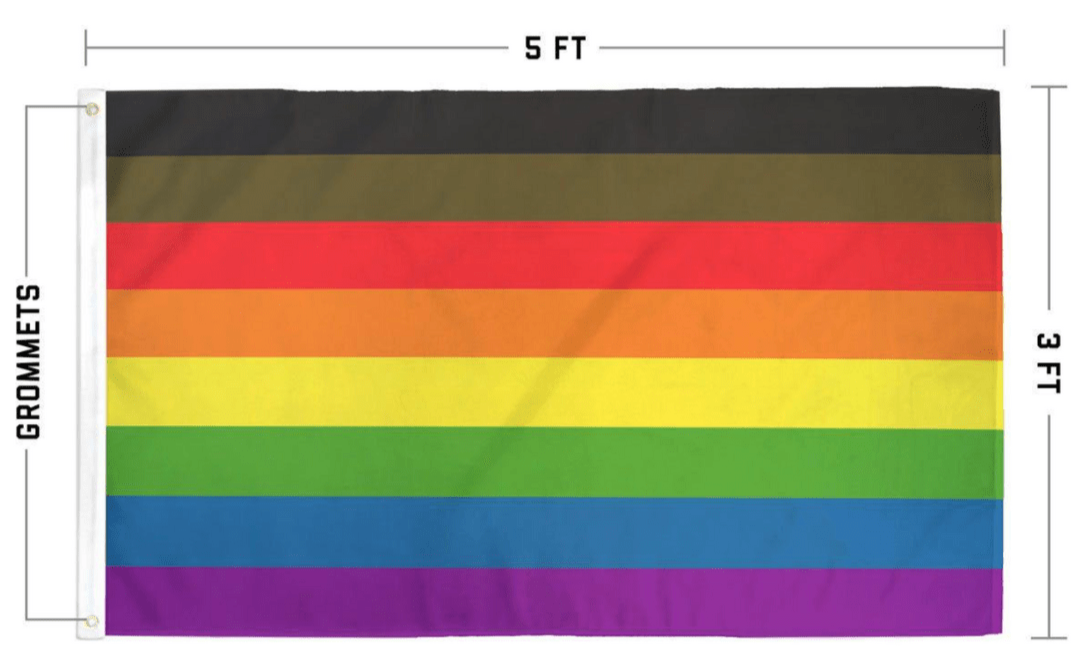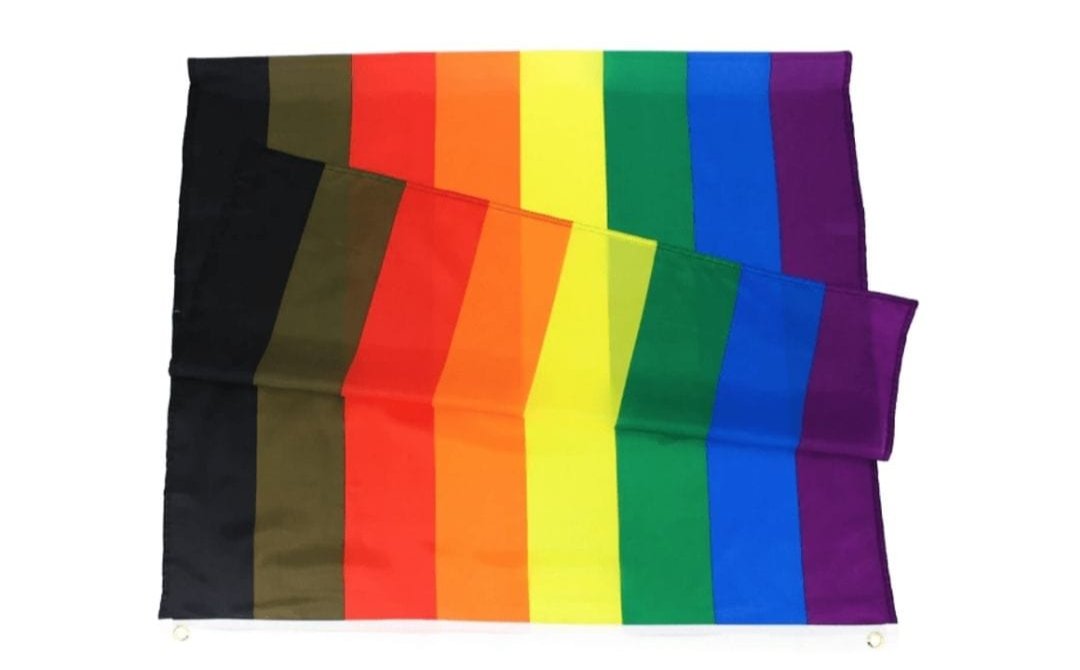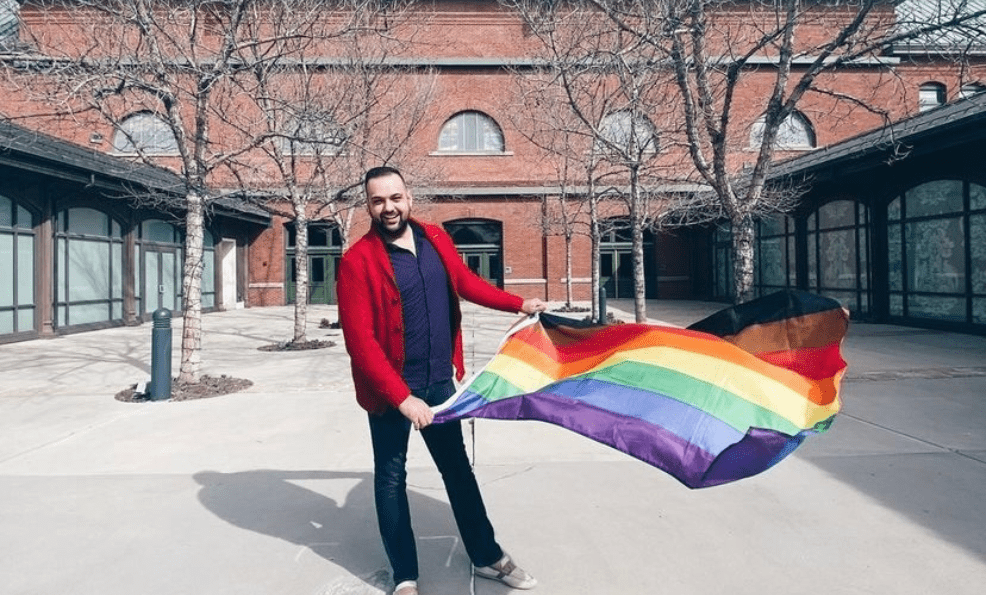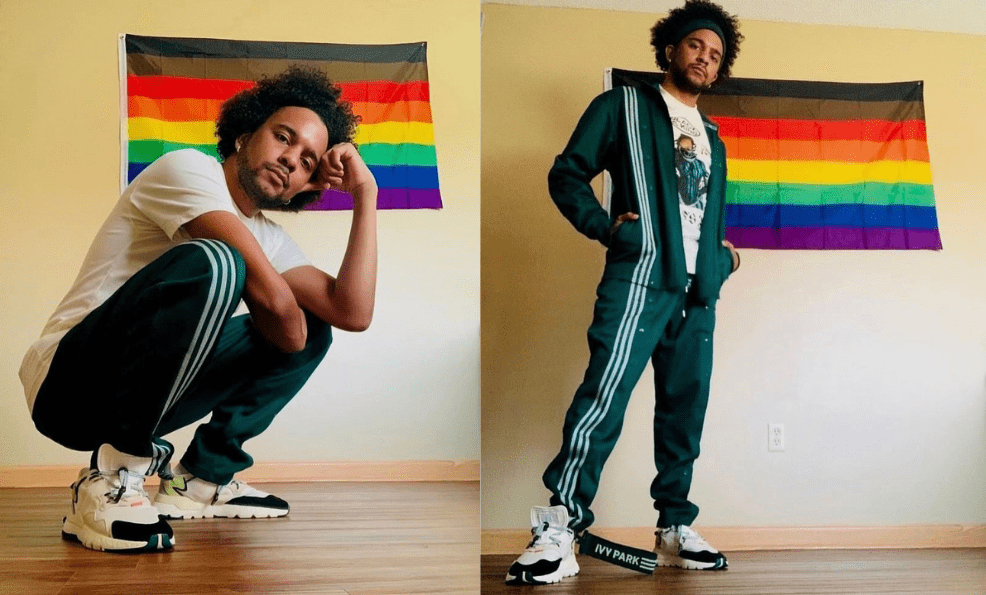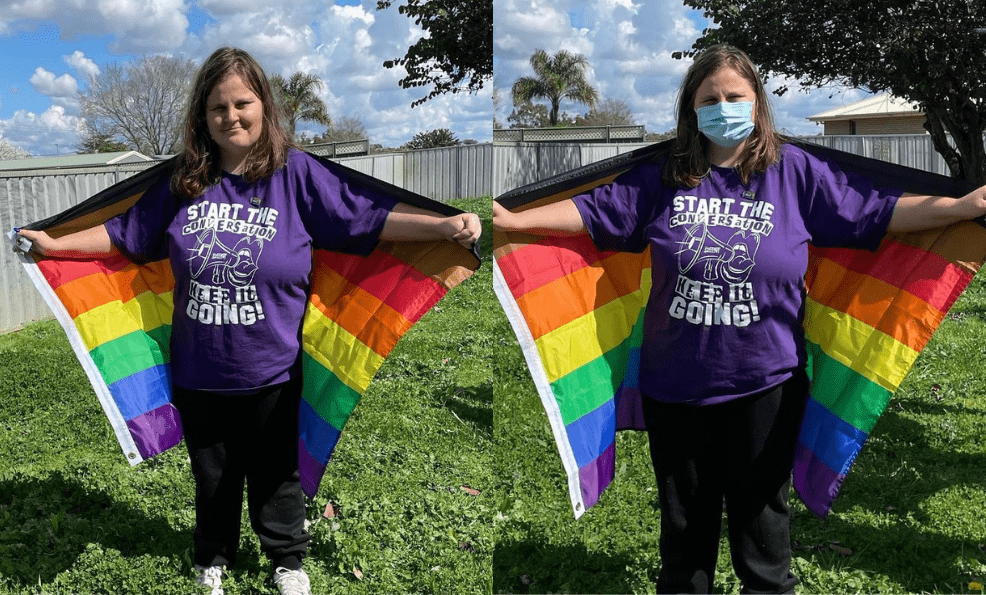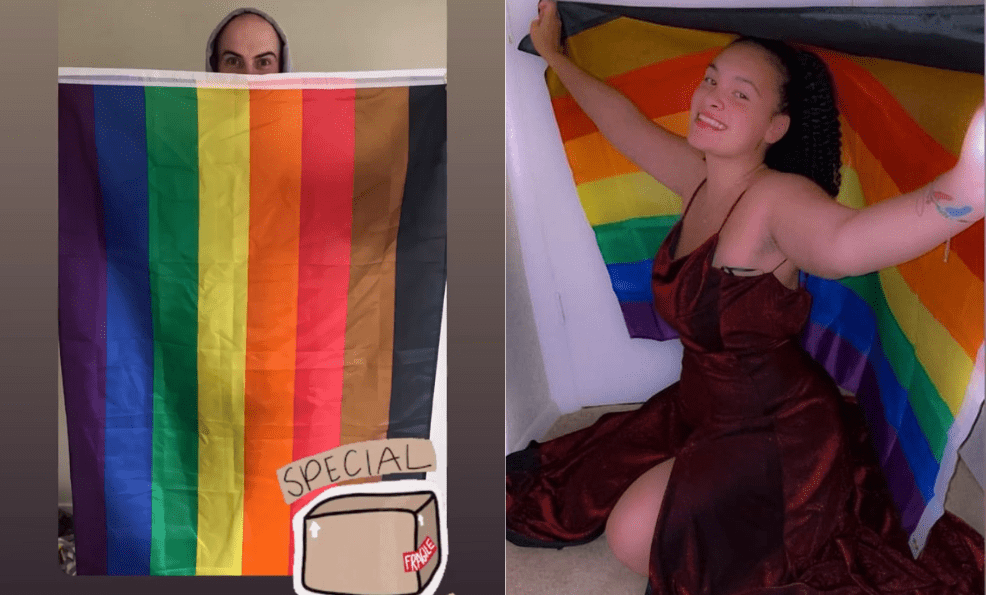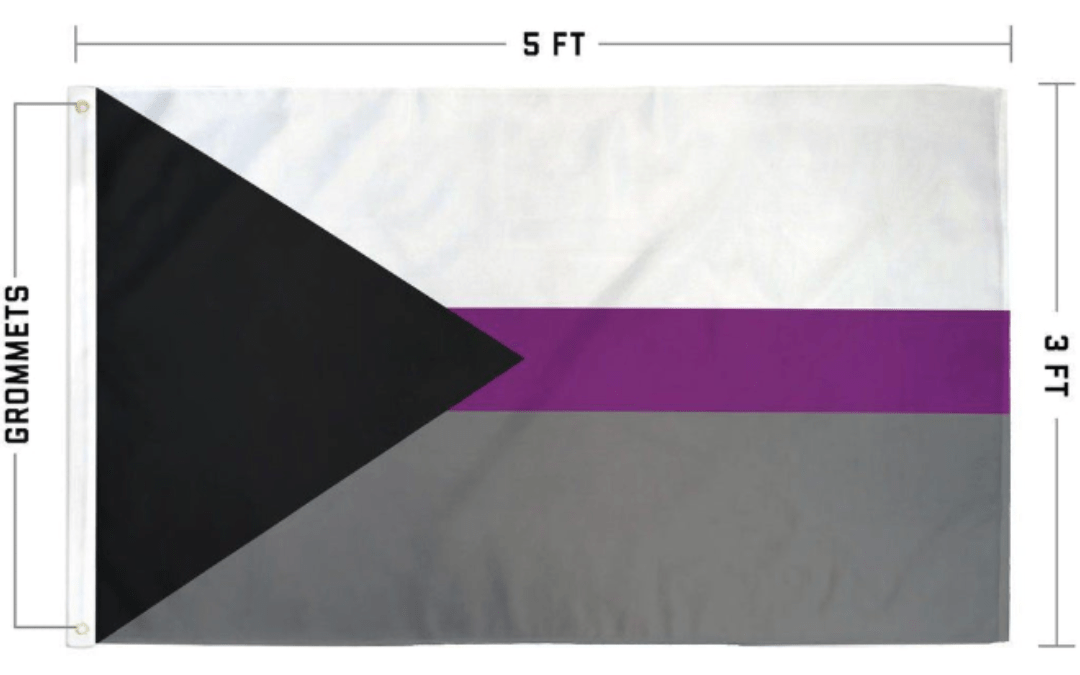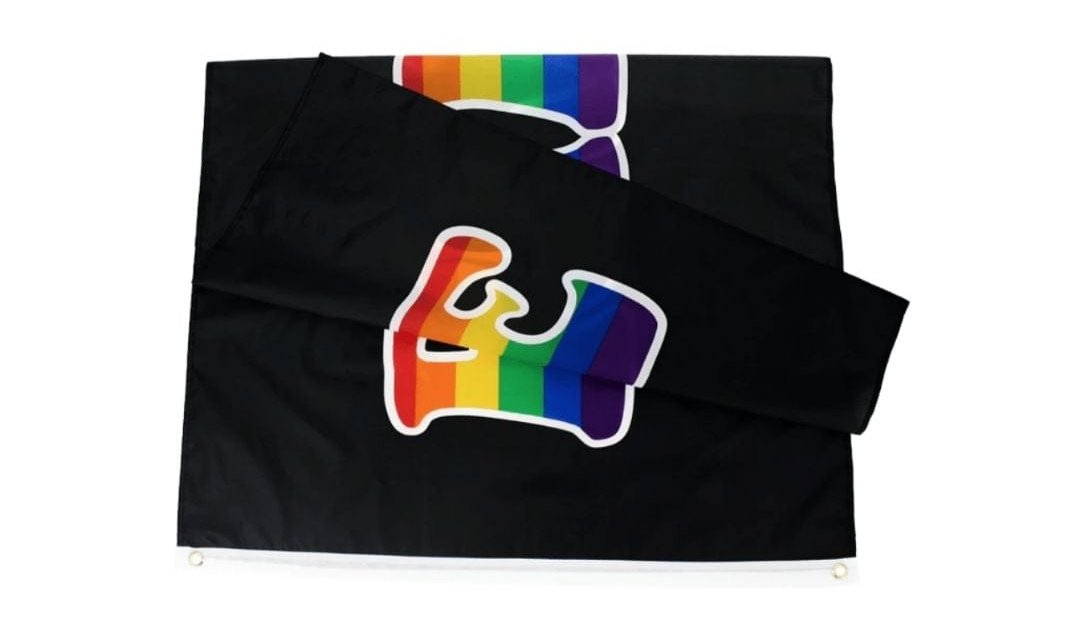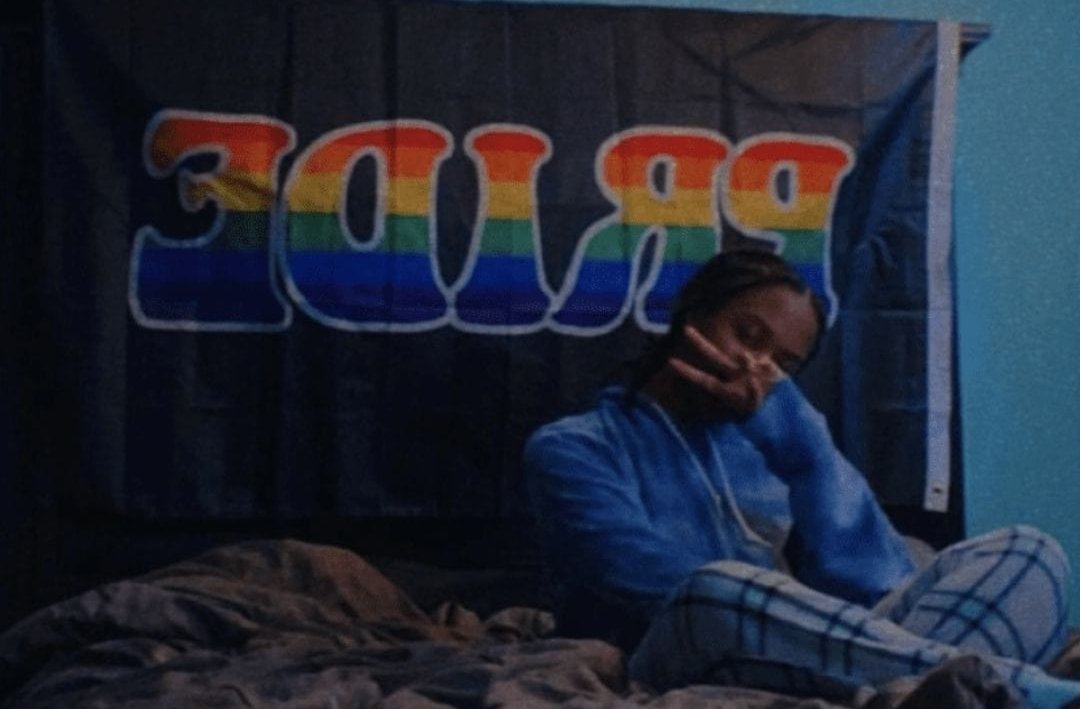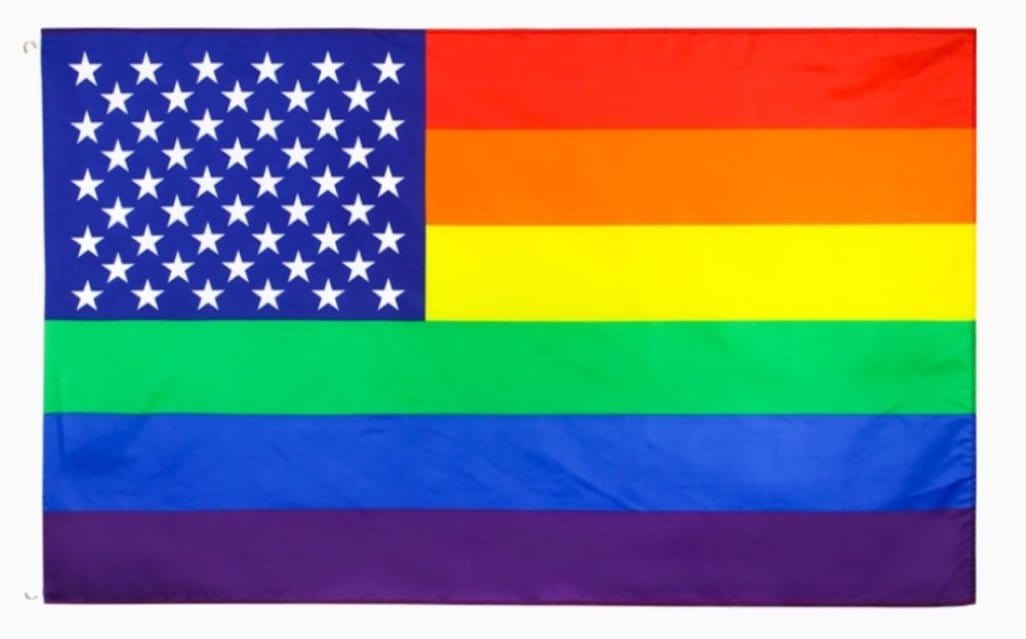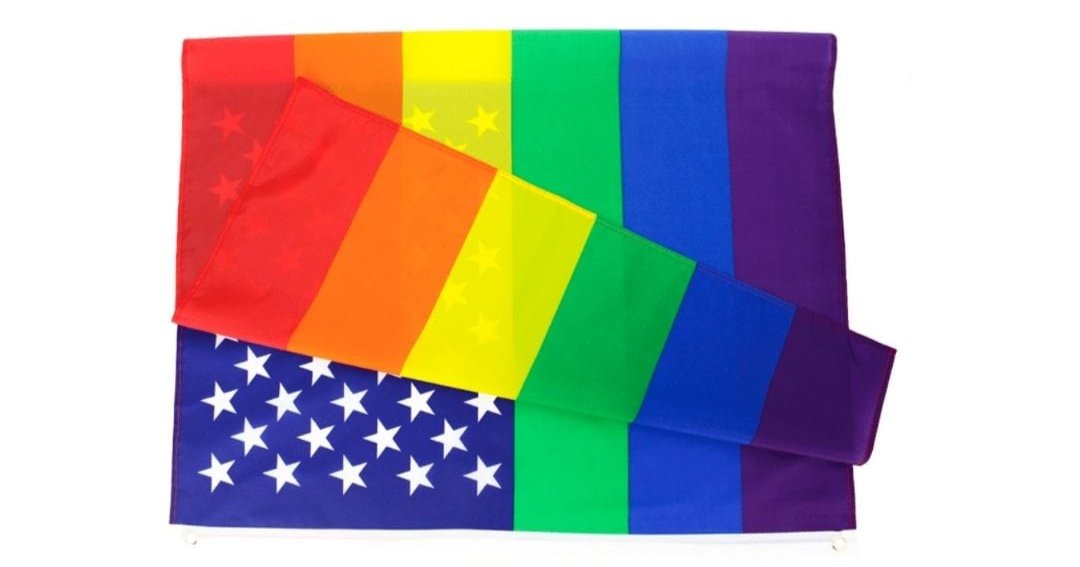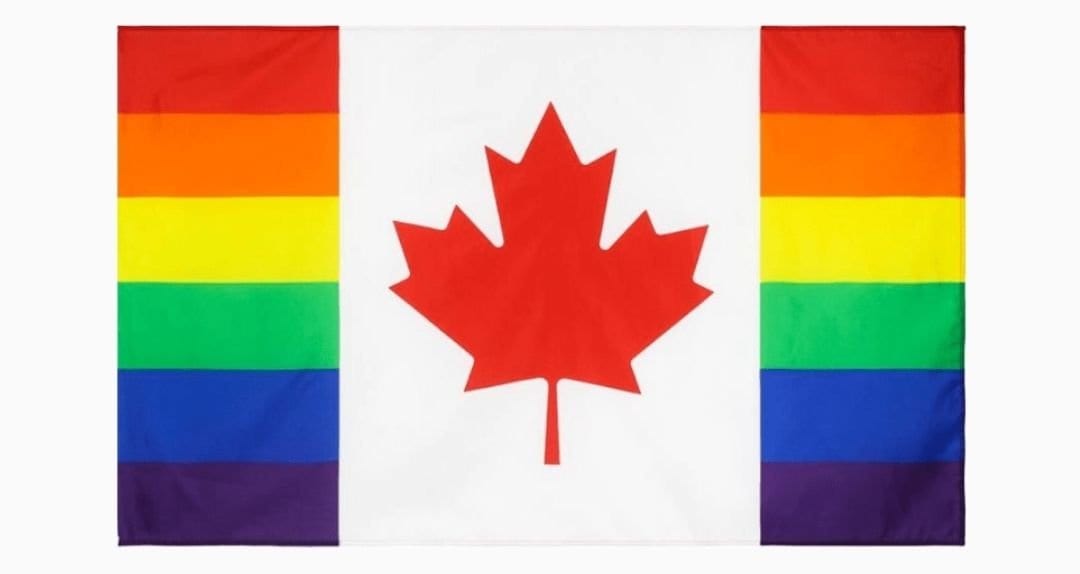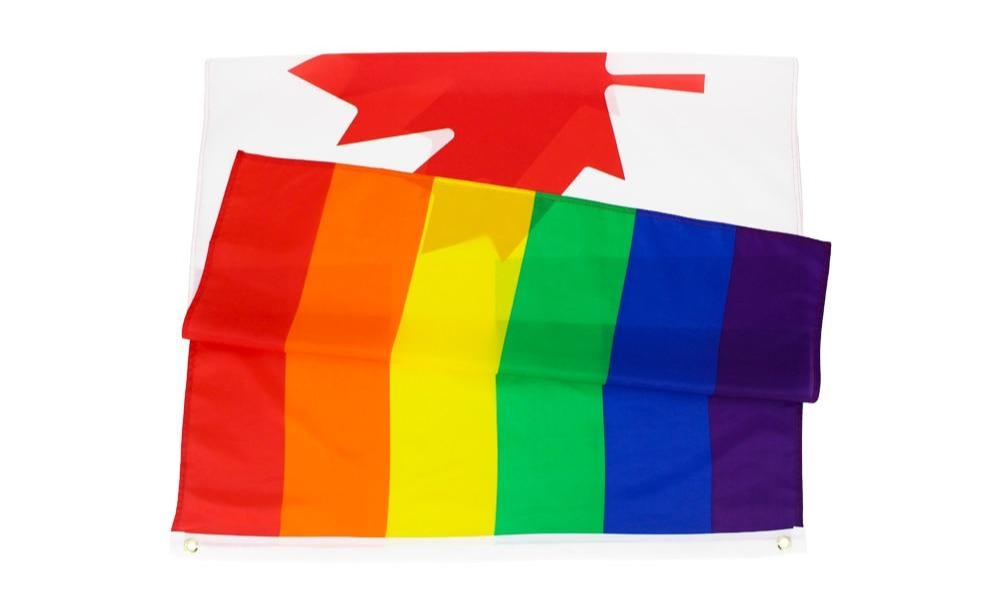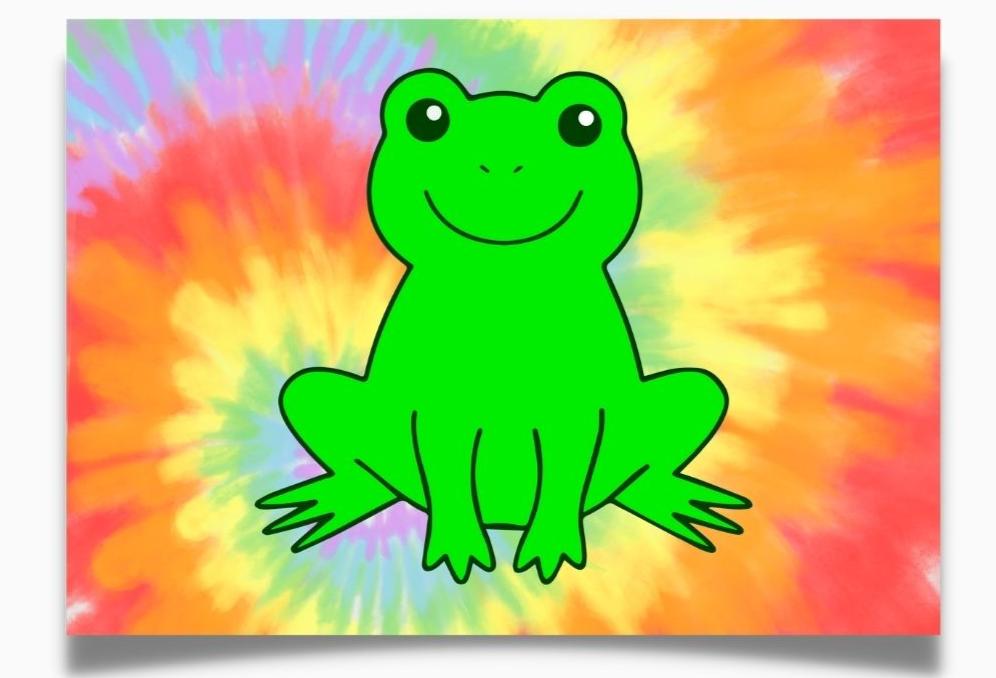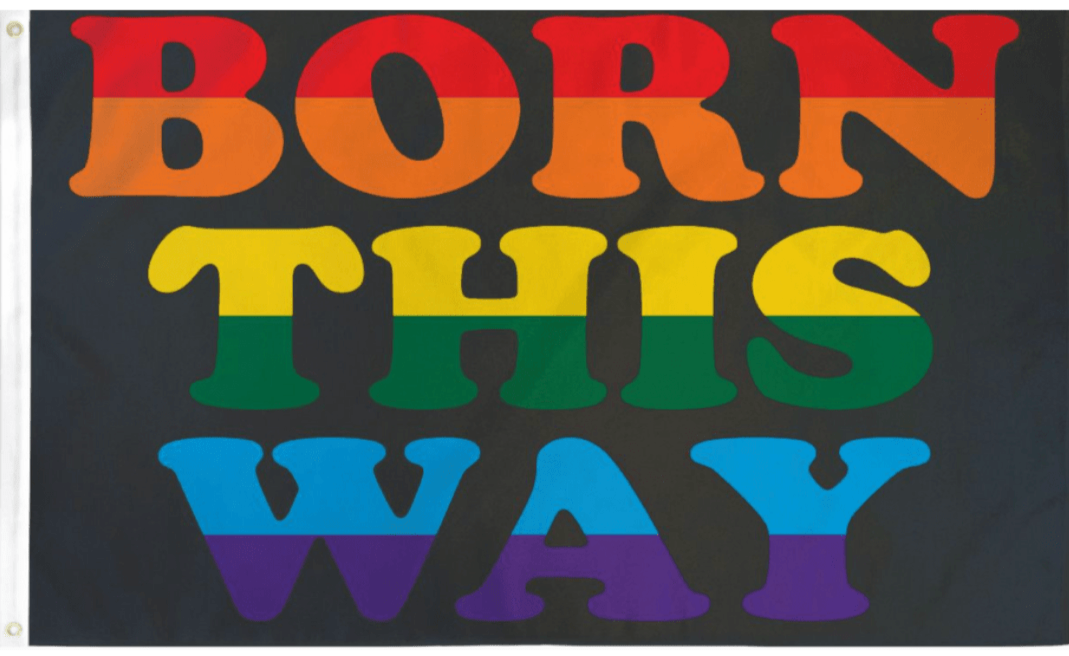Embracing Authenticity & Overcoming Ageism After 50
Coming out isn’t limited to any age. For many LGBTQ+ individuals, the journey to living openly as queer begins later in life, often after children have grown, careers are established, or long-held fears finally give way to self-acceptance. This process brings unique challenges and rewards. Let’s explore what it takes to discover pride after 50, navigate ageism within and beyond queer spaces, and build vibrant, supportive communities at any stage.
The Process of Later-Life Coming Out
Deciding to come out after 50 typically unfolds in stages:
- Self-Reflection: Recognizing desires, emotions, or attractions that no longer align with previous labels or life roles.
- Information-Gathering: Researching terminology, local resources, and support networks tailored to older LGBTQ+ adults.
- Small Steps: Experimenting with subtle changes, updating pronouns with close friends, adjusting personal style, or joining an online community anonymously.
- Selective Disclosure: Sharing identity first with trusted allies or chosen family, then with wider circles as comfort grows.
- Full Expression: Engaging in public LGBTQ+ events, adopting visible symbols of pride, and integrating queer identity into daily life.
Unique Challenges & Ageism in Queer Spaces
Older queer adults often face barriers that younger peers don’t:
- Youth-Centric Culture: Many LGBTQ+ bars, apps, and events prioritize under-30 crowds, making older adults feel sidelined.
- Stereotypes & Invisibility: Assumptions that “you’re settled” or “dating isn’t for you” erase the experiences of mature LGBTQ+ people.
- Health & Accessibility: Physical limitations or chronic conditions may make late-night events or lengthy marches impractical.
- Family Dynamics: Adult children and long-term partners may struggle with a parent or spouse’s new identity, creating emotional friction.
- Intersectional Barriers: Outside discrimination, racism, ableism, classism, can compound ageism and queerness, limiting access to resources.
Building Age-Inclusive Community & Support
To thrive, older queer individuals benefit from:
- Dedicated Gatherings: Look for “Golden Pride” events, senior LGBTQ+ meet-ups, or intergenerational panels.
- Online Networks: Forums and social groups specifically for 50+ queer adults provide anonymity and solidarity.
- All-Ages Coalitions: Advocating with younger and older activists to create spaces that welcome every generation.
- Wellness Circles: Peer-led support for mental health, navigating healthcare, and coping with age and stigma.
- Mentorship Roles: Sharing life experience as mentors to youth, while also receiving guidance on modern queer culture.
Find local and virtual resources in our LGBTQ Resource Roundup.
Practical Strategies & Self-Care
Thriving as a late-life queer person involves intentional self-care:
- Set Boundaries: Prioritize events and relationships that honor your needs, physical, emotional, and temporal.
- Educate Allies: Provide friends and family with clear information about terminology, pronouns, and respectful support.
- Adapt Participation: Seek accessible pride events, daytime festivals, quieter meet-ups, or hybrid online/offline options.
- Professional Support: Engage with LGBTQ+-competent therapists or life coaches experienced in later-life coming out.
- Cultivate Joy: Celebrate every milestone, updating profiles, attending your first pride march, or simply wearing a rainbow pin.
Transforming Ageism into Advocacy
Older queer adults have the power to lead change:
- Lobby for Inclusivity: Work with organizers to ensure age-friendly policies (seating, rest areas, programming diversity).
- Share Stories: Speaking publicly about your journey challenges stereotypes and inspires others to embrace authenticity.
- Volunteer & Mentor: Partner with LGBTQ+ youth programs to foster intergenerational understanding and mutual support.
- Support Policy Reform: Advocate for nondiscrimination laws that explicitly include age and LGBTQ+ status.
Pride at Every Age
Coming out later in life is a testament to courage and growth. Age enriches queer identity with unique perspectives, resilience, and a deep appreciation for authenticity. By acknowledging the process, overcoming ageism, and building inclusive communities, we ensure that pride is truly for everyone, today, tomorrow, and beyond.


